Hi! My name is Josh, this me blog.
The dance of pleasing the social media algorithims of the world’s biggest companies, whilst being beat to death by strangers with their comments displeased me so now I’m here.
I wish I were the kind of person who could just live without broadcasting. But there’s an animal inside me — right down in the marrow — that keeps asking ‘can you see me?’ and silence has never once soothed it.
-
Straight outta JT
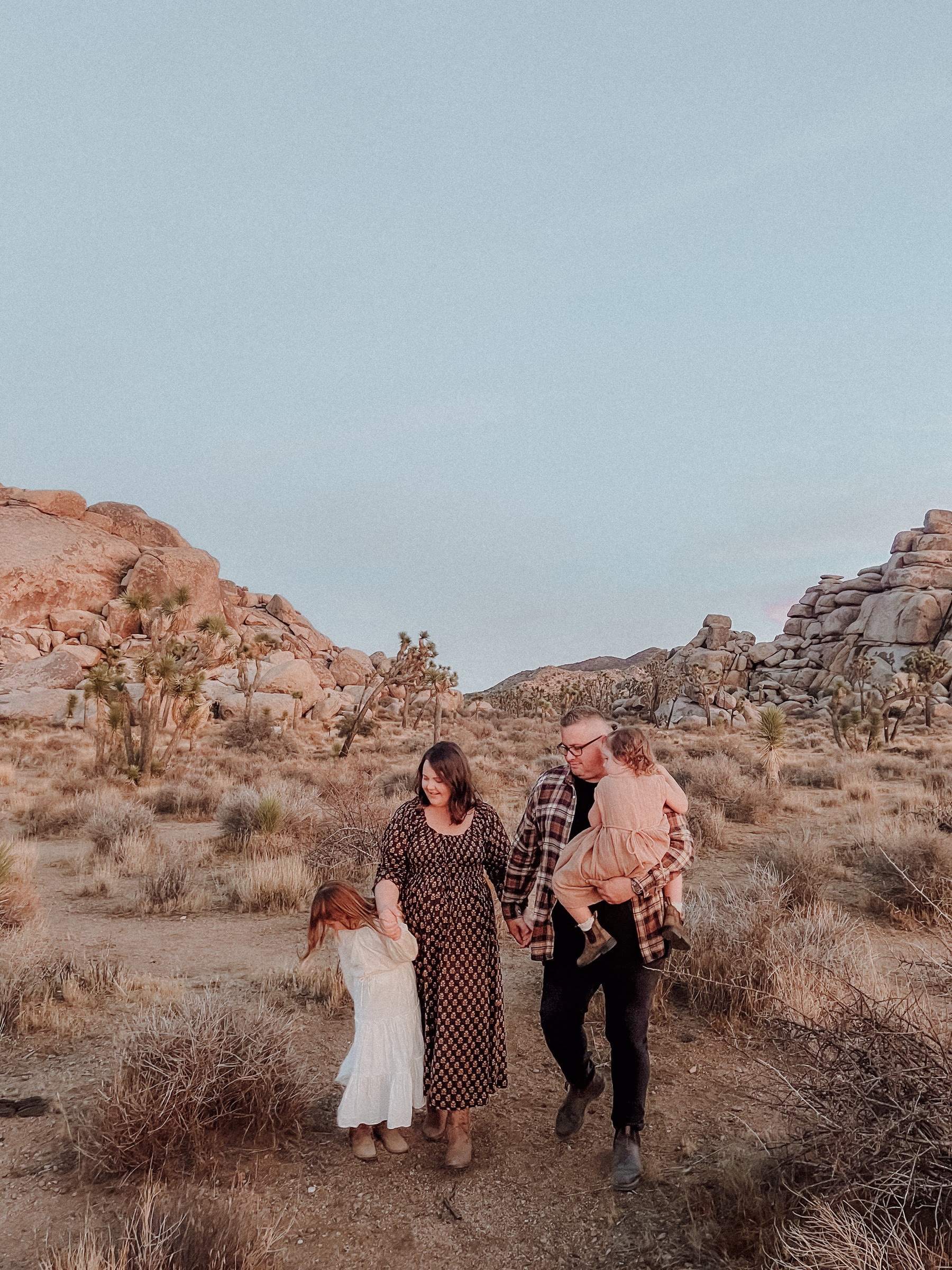
-
How to know if it’s a legit cowboy hat, a guide
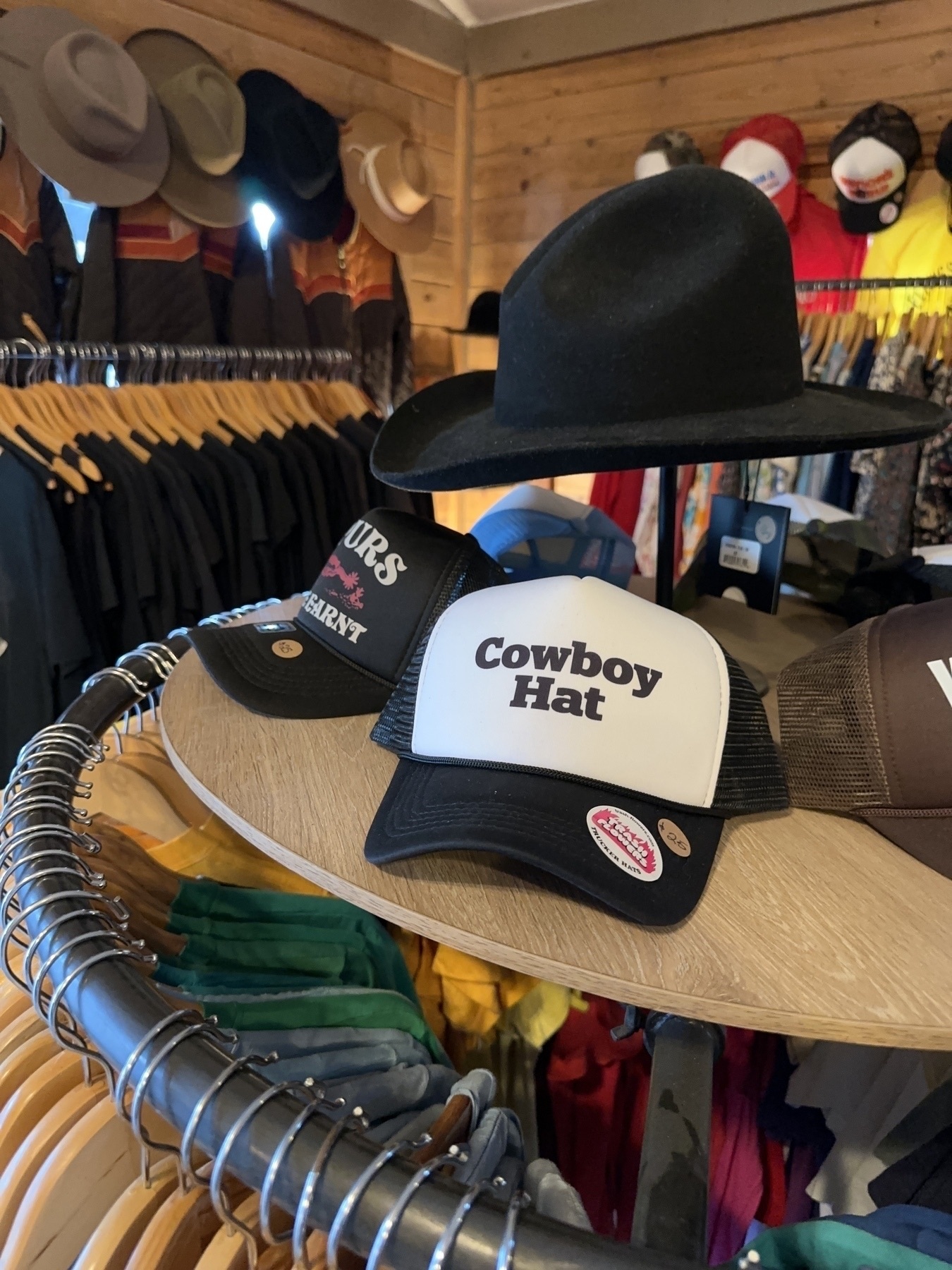
-
Lucy Schiller in the Columbia Journalism Review’s The Final Flight of the Airline Magazine:
The idea of the airline magazine reaching everyone possible. An in-flight magazine is “for you, it’s for your mother, and it’s for your daughter,” she said. “Everyone has to be able to read it. It crosses generations with its appeal. Most people are aware the audience is broad.” So: the opposite type of product, really, from the personalized digital content tooled and retooled by increasingly specific customer data. “It can’t be niche,” Carpenter continued. “It can’t make people feel separated from it. It’s not going to be political or religious. It’s going to be inspiring, positive. Airline magazines don’t write bad reviews. We don’t interview someone to make them feel dumb. It’s all about putting positivity out into the world.”
-
Thomas Hooven on Love:
“By the time I met my wife, I was a changed man and a real doctor. And our love developed differently from any I had experienced before. Less like a crystal vase, more like a basketball, our relationship is made for bouncing — for the good and sometimes rough play that modern professional lives generate. We do have fights (oh, yes, we do), but they do not threaten our foundation. They deepen it.”
-
Robert Pirsig the author of Zen and the Art of Motorcycle Maintenance in this interview in 1974:
If a plant only gets sunlight, it’s very harmful. It needs darkness too. In the darkness, it converts oxygen into carbon dioxide. We are like that too. We need periods of doing, and periods of non-doing.
-
Ezra Klein in Happy 20th Anniversary, Gmail. I’m Sorry I’m Leaving You:
I have thousands of photos of my children but few that I’ve set aside to revisit. I have records of virtually every text I’ve sent since I was in college but no idea how to find the ones that meant something. I spent years blasting my thoughts to millions of people on X and Facebook even as I fell behind on correspondence with dear friends. I have stored everything and saved nothing.
-
Disneyland for Luna’s 6th birthday. What an amazing sensory overload. A work of art!


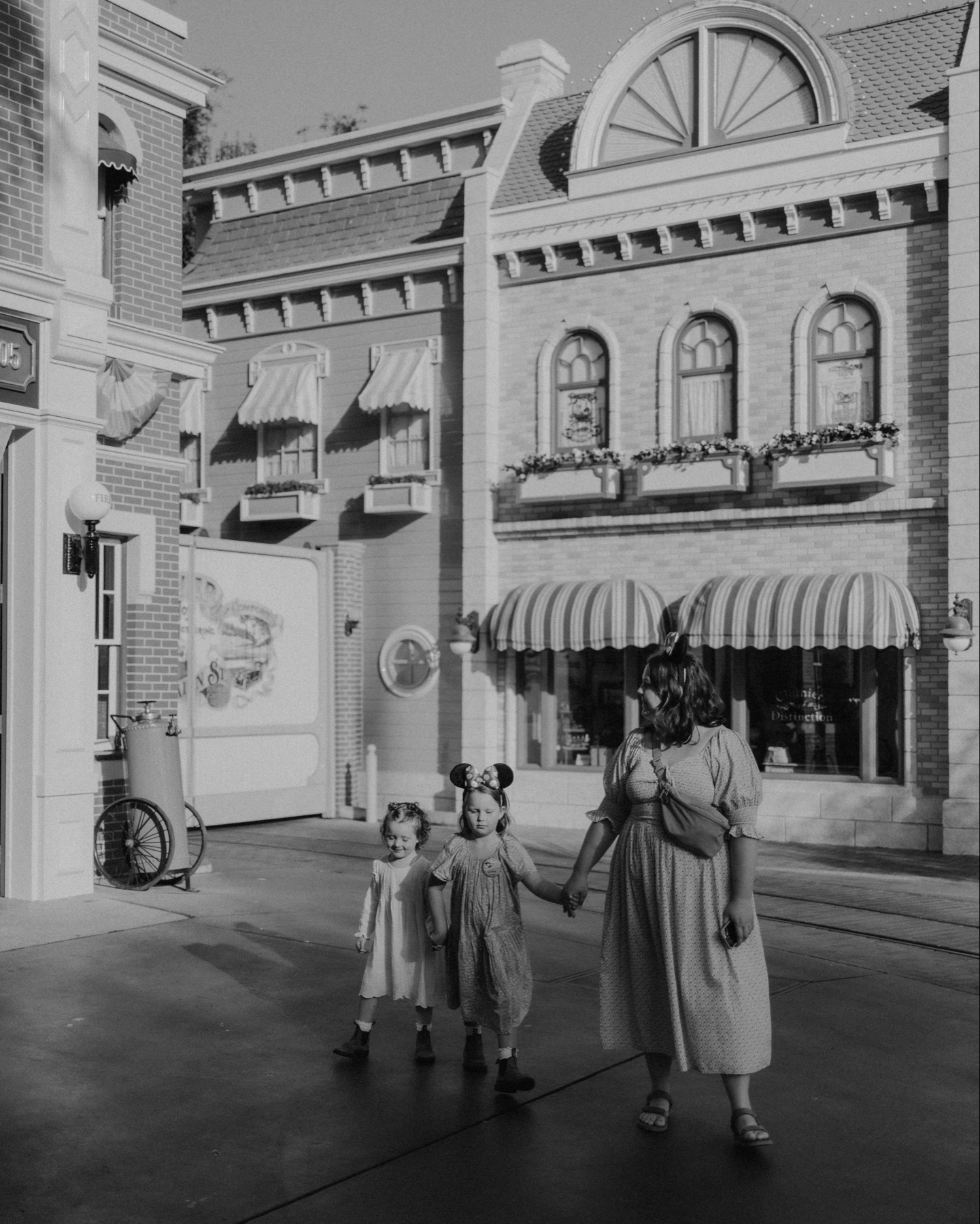





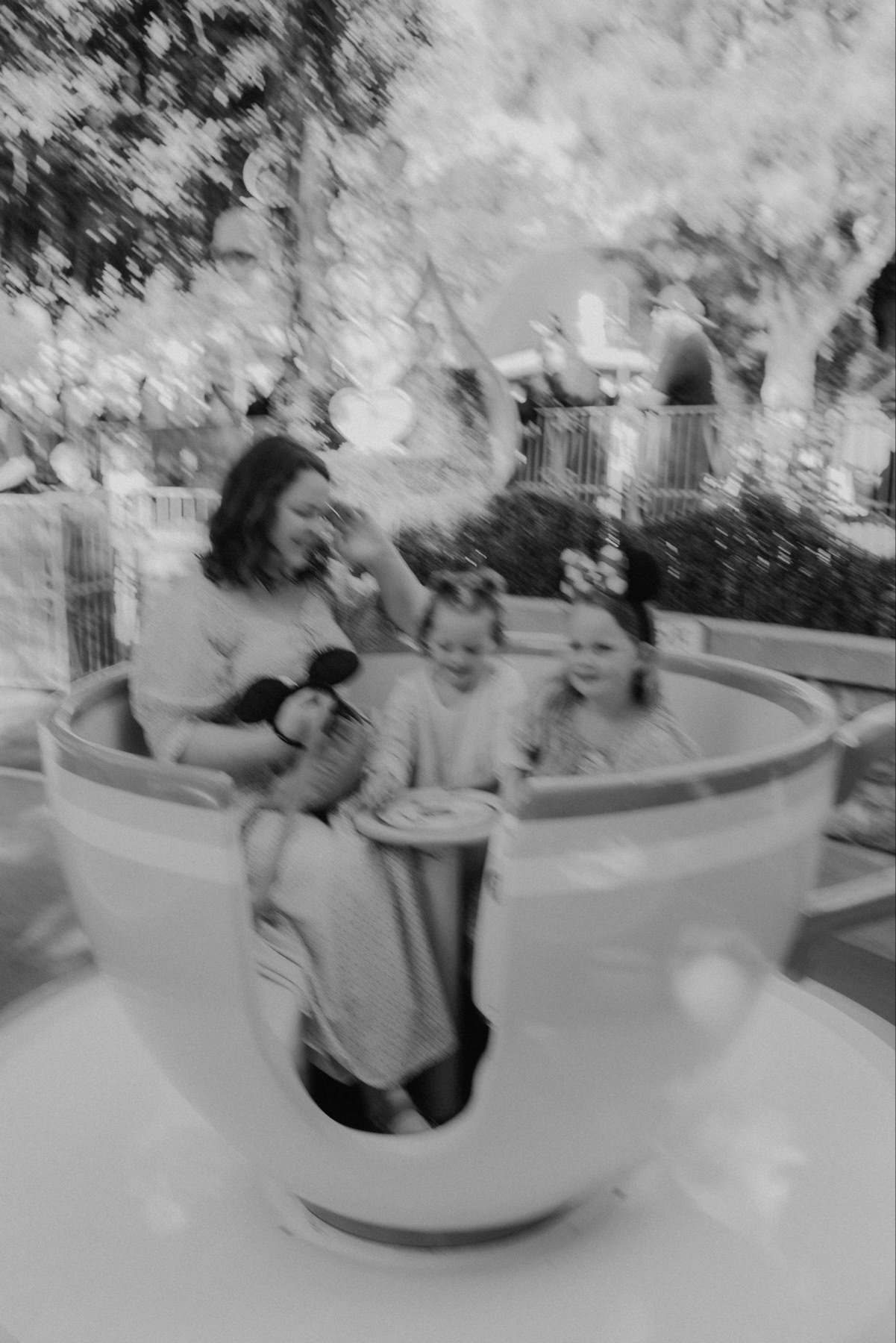
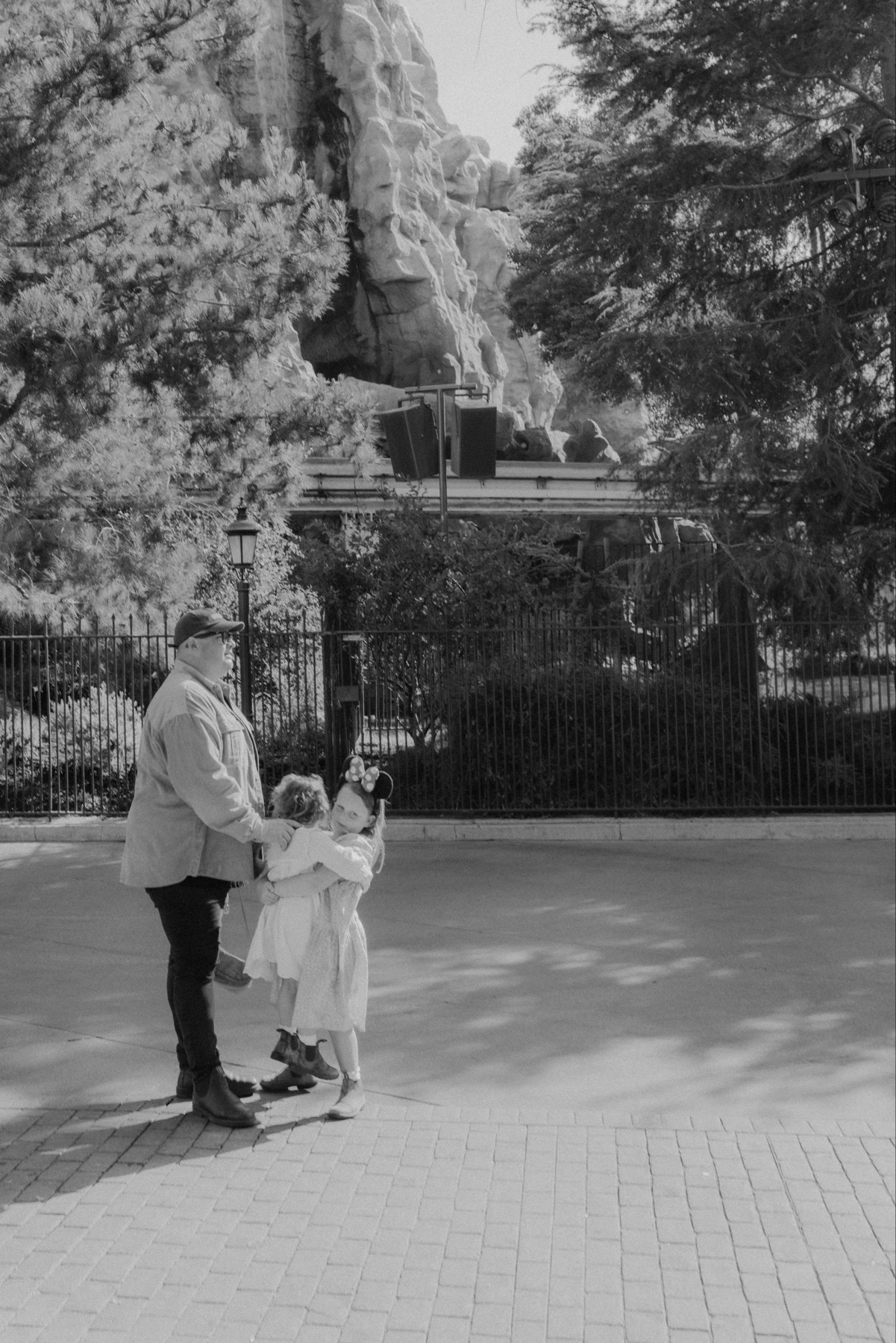

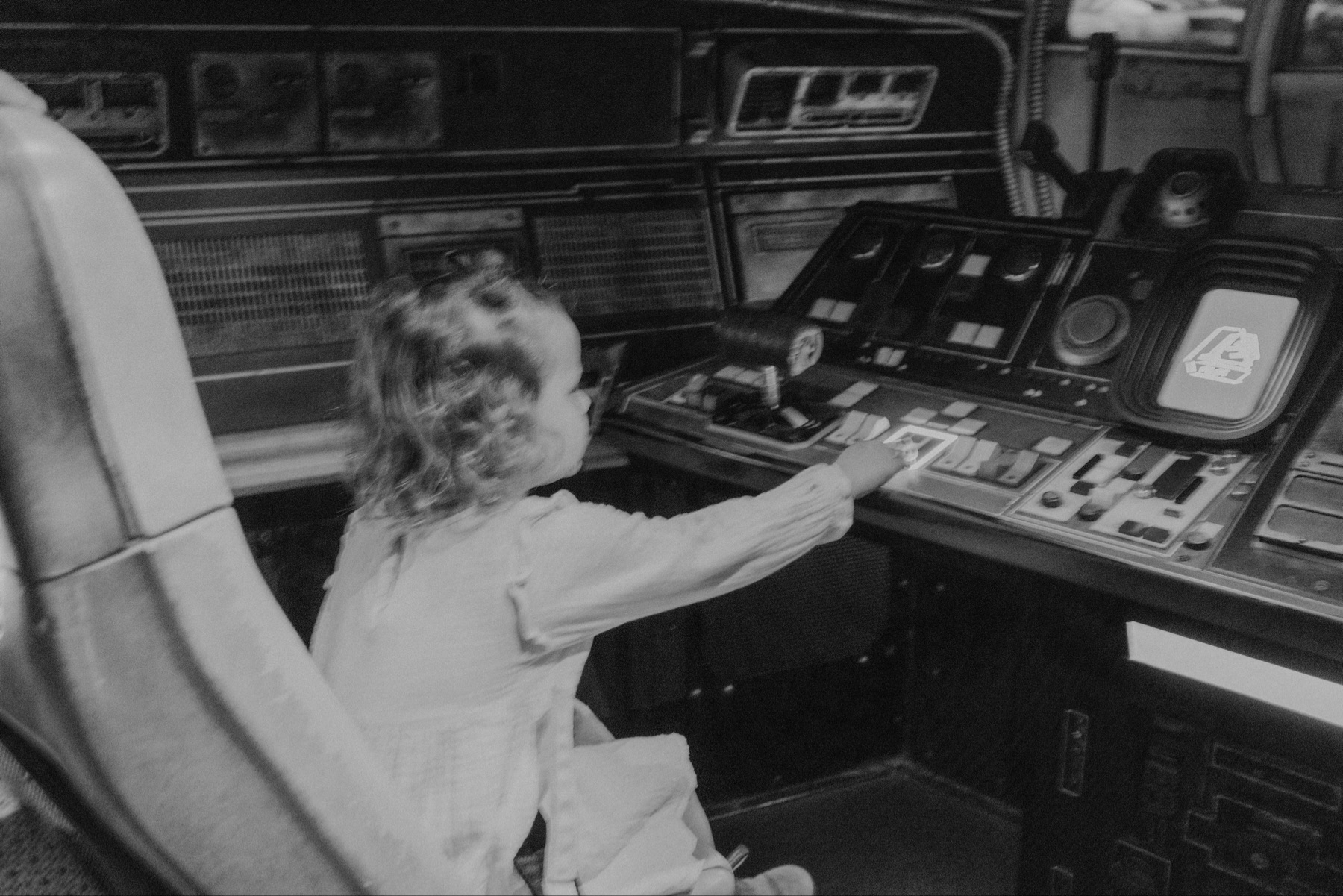

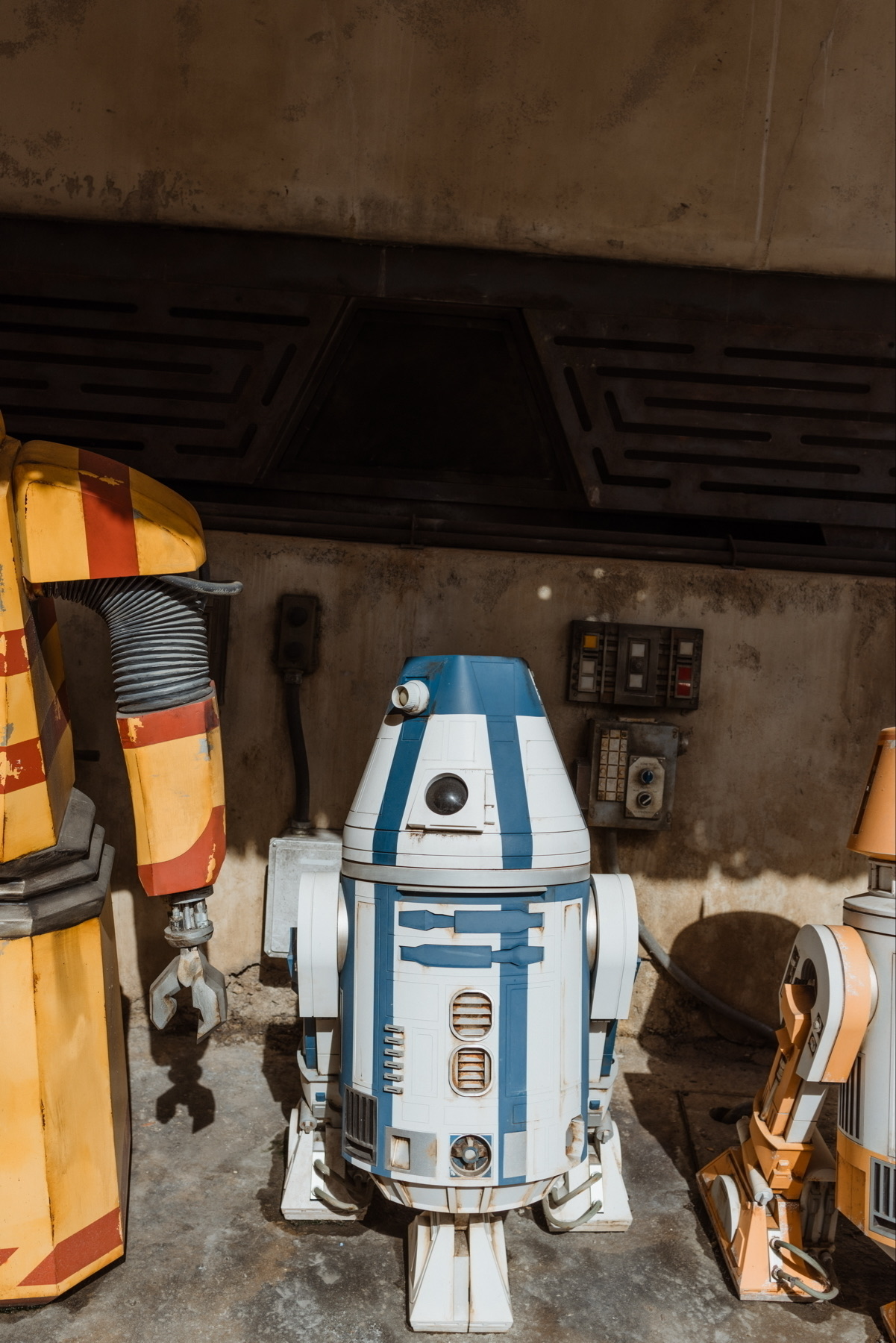


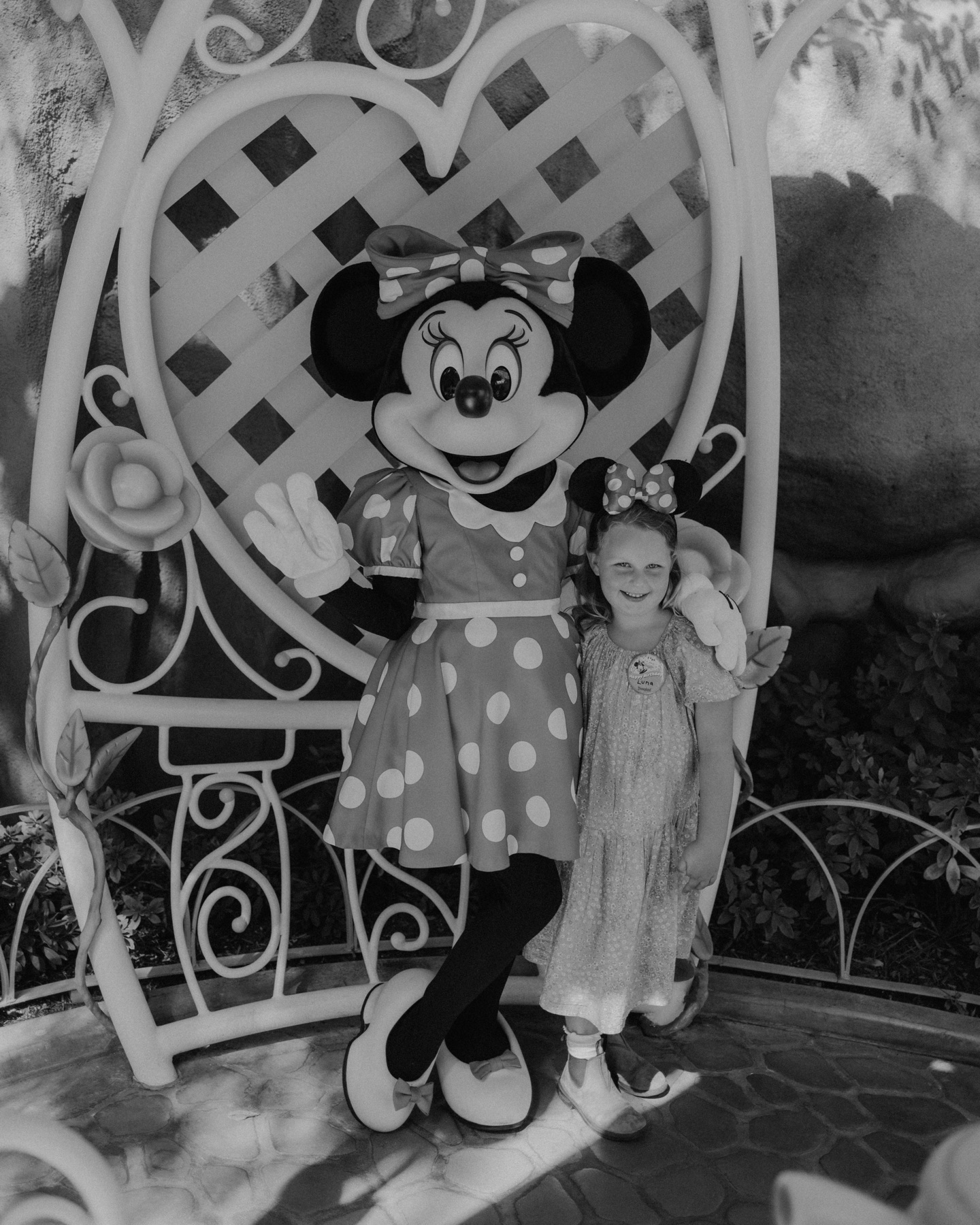


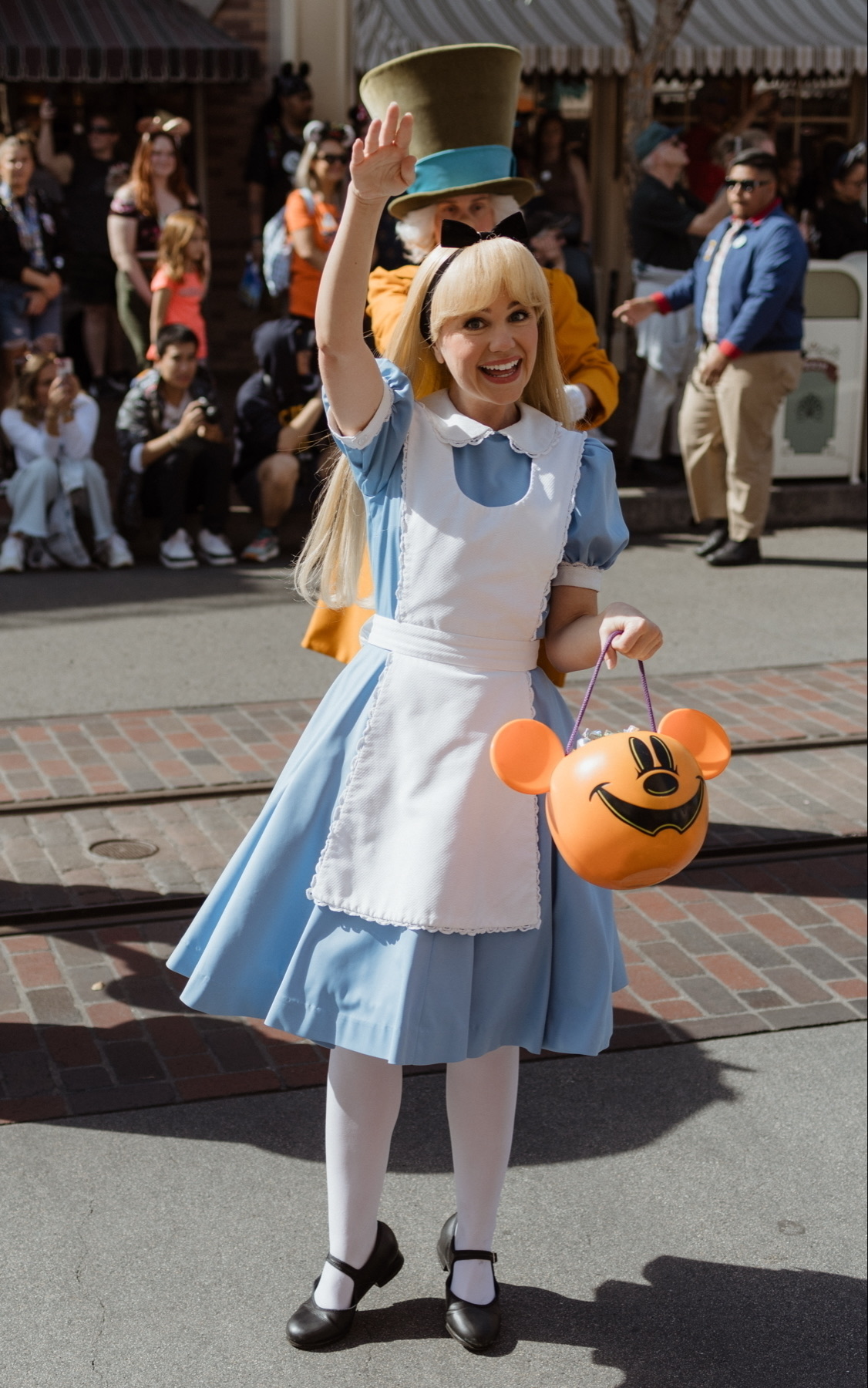

-
I don’t want to join an Illuminati that wants me as a member
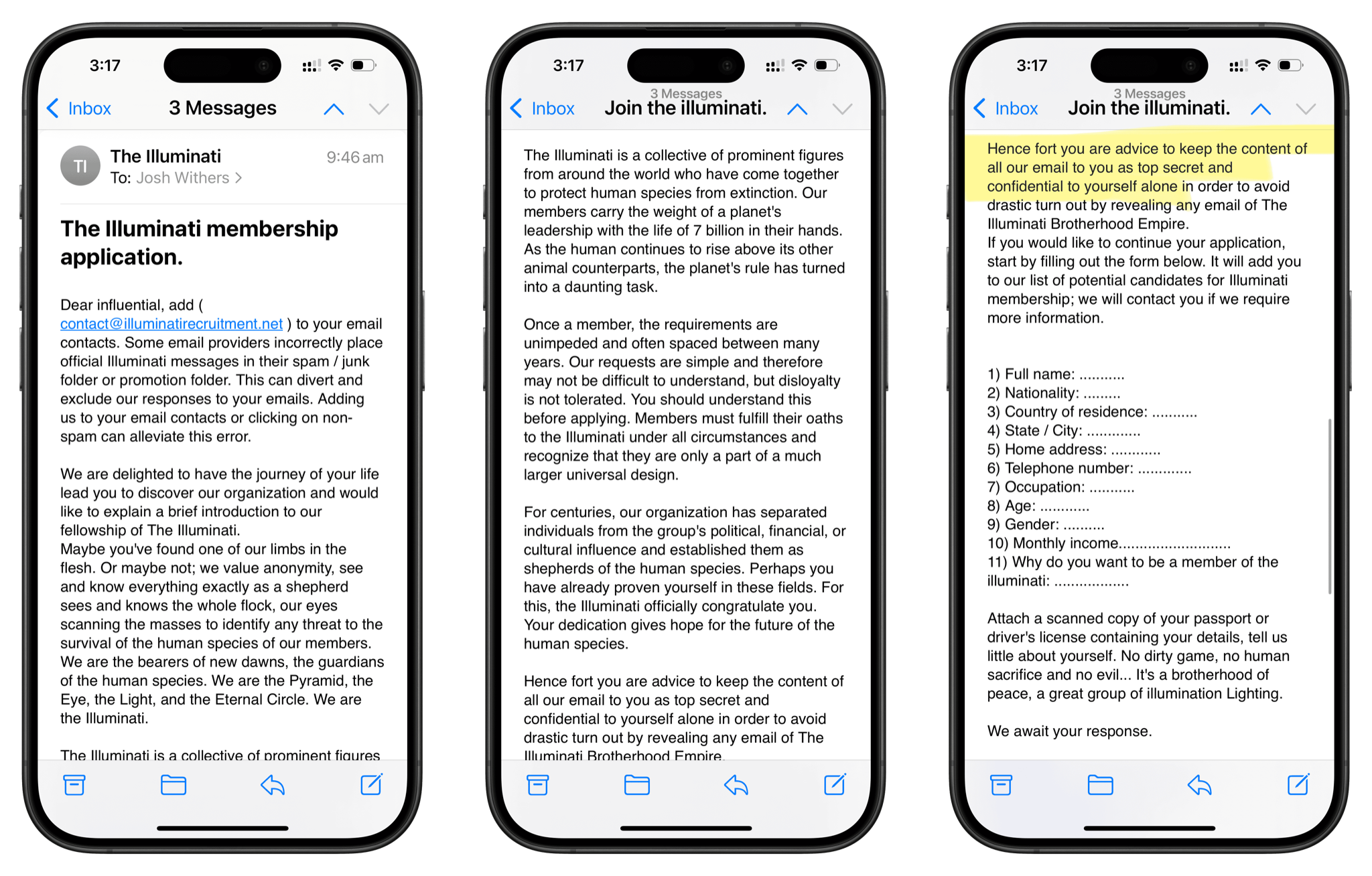
-
Lightroom's Generative AI-powered remove feature is wildly good


-
The pilots of QF15 invited Luna to the flight deck for her 6th birthday

-
Cabel Sasser's XOXO talk is required watching for all inhabitants of earth.
Put the 19 minutes aside and watch this.
-
Seth Godin in Amplifying the fringes:
It’s no wonder people feel ill at ease. Instead of the ship adding ballast to ensure a smooth journey, the crew is working hard to make the journey as rocky as possible.
-
Aurora Australis over the Huon River in Franklin, Tasmania.
Aurora you glad you stayed up?
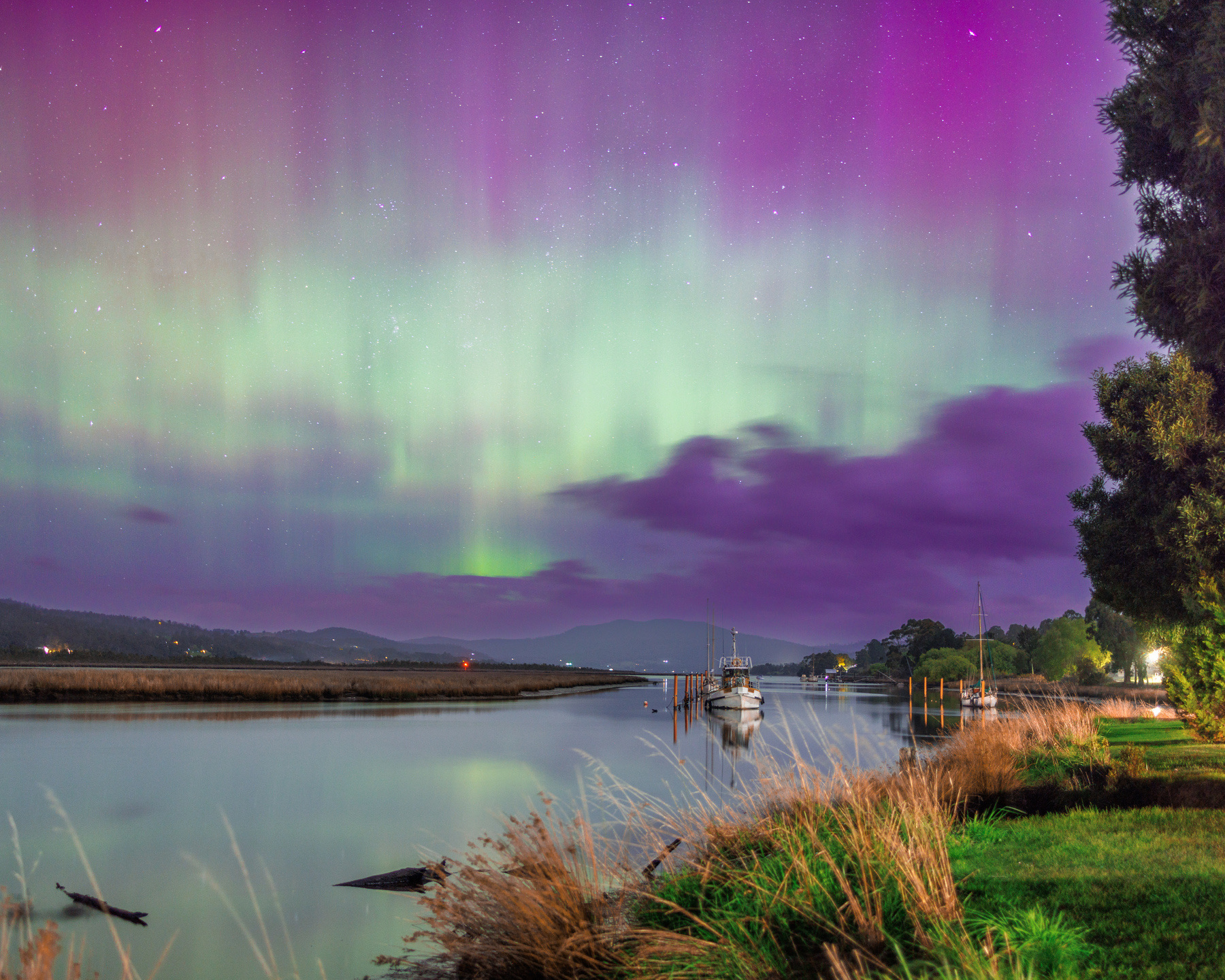
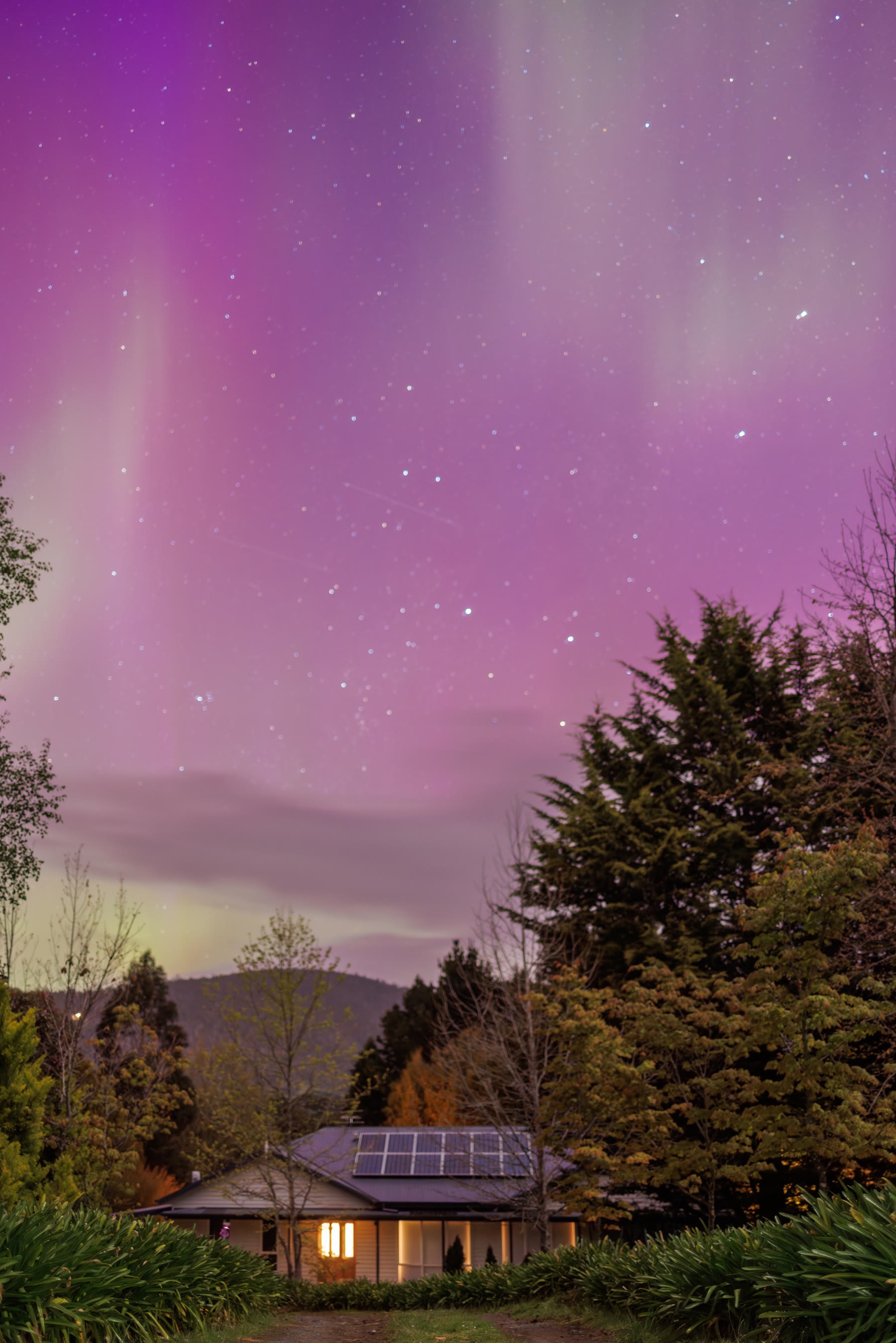
-
In case anyone was interested, it costs $1600 to fly Qantas then Jetstar from Hobart to the Gold Coast today if Virgin wasn’t able to rebook you on other flights today and yours was getting in to Sydney too late and you’d miss your connection. Just a lazy $1600 and there goes this week’s profit margin.
-
My high school internet username results in a Googlewhack today. I've never been so proud.
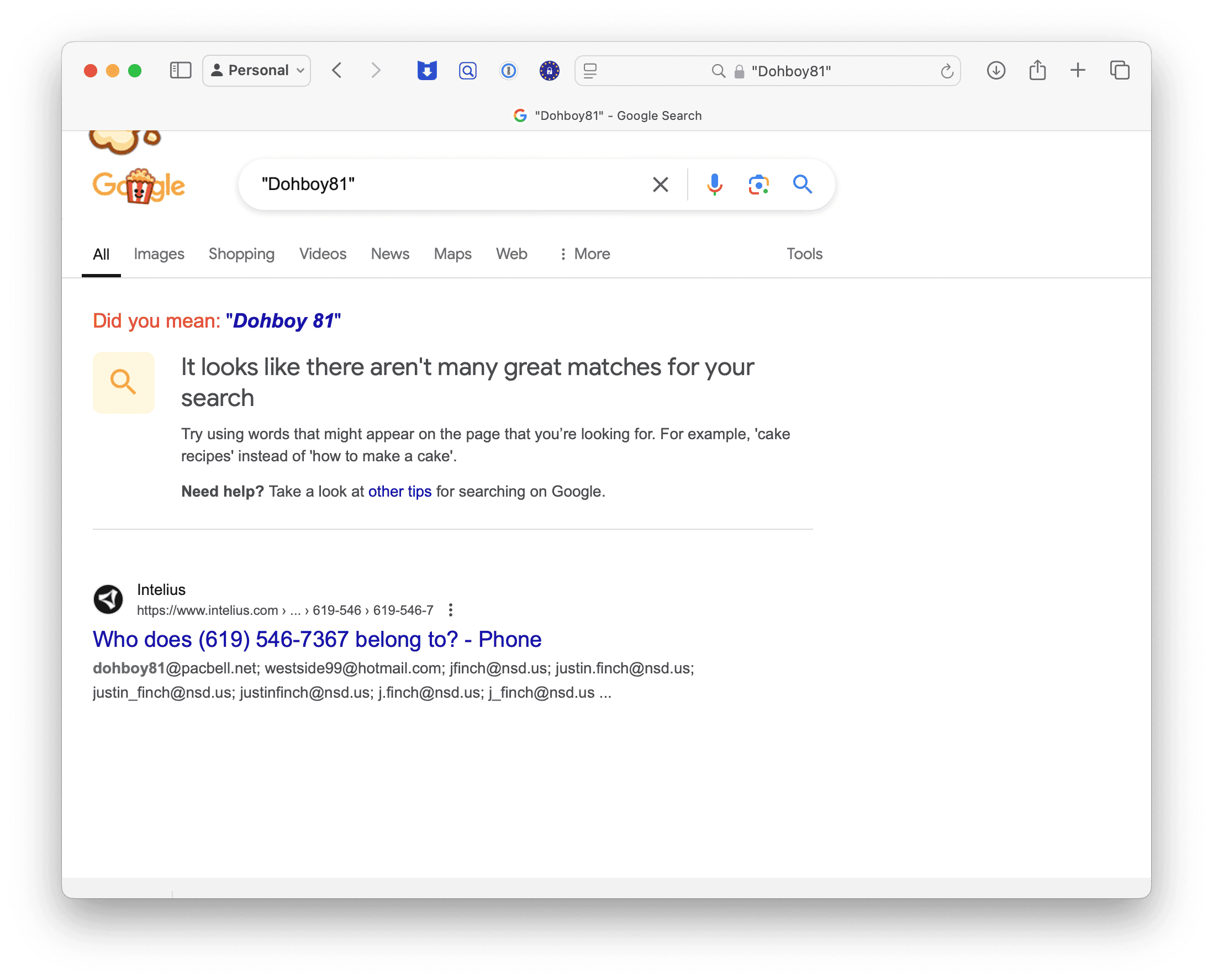
-
Britt Shoo sketched me at work at a wedding in Maleny today, how cool is it!
All the guests recieved portraits like this.
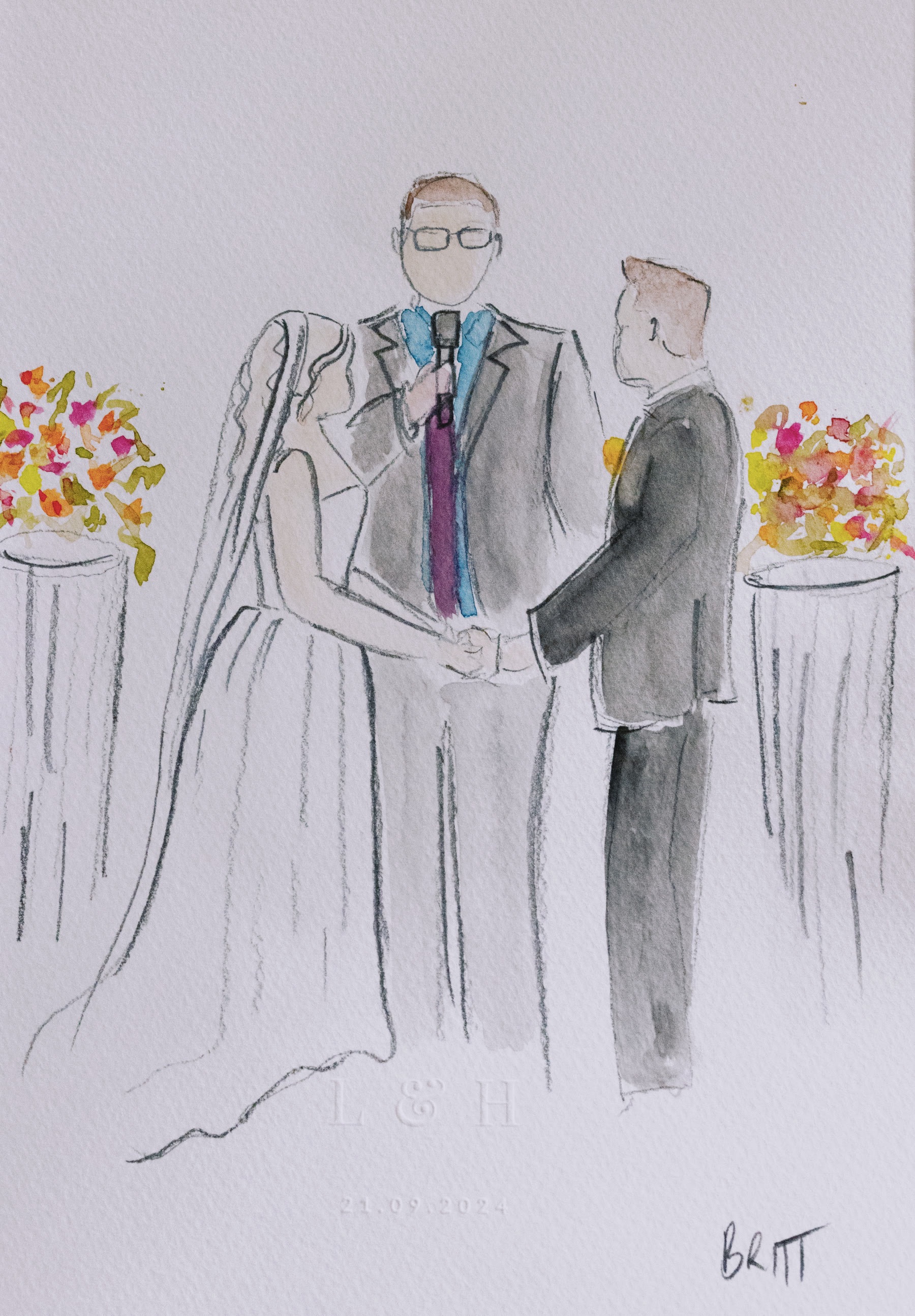
-
Jenny Saville:
When I paint, I don’t search for beauty, but for the power of life’s force: when you fall in love with someone, it's life’s force. When you see amazing food or you listen to music that goes right inside your body, that’s life’s force. That moment is not an intellectual space, it's something beyond – you can't articulate it. It’s about the moments that help you breathe deeper.
-
A short love letter to QuickTime. RIP QuickTime Pro.
-
My favourite thing about taking a car to the dealer for a warranty issue and they make you feel like you're a woman in the fifties reporting sexual abuse. Looking at you like you're imagining the problem, suggesting "maybe it's your fault?"
-
tap, tap is this thing on?
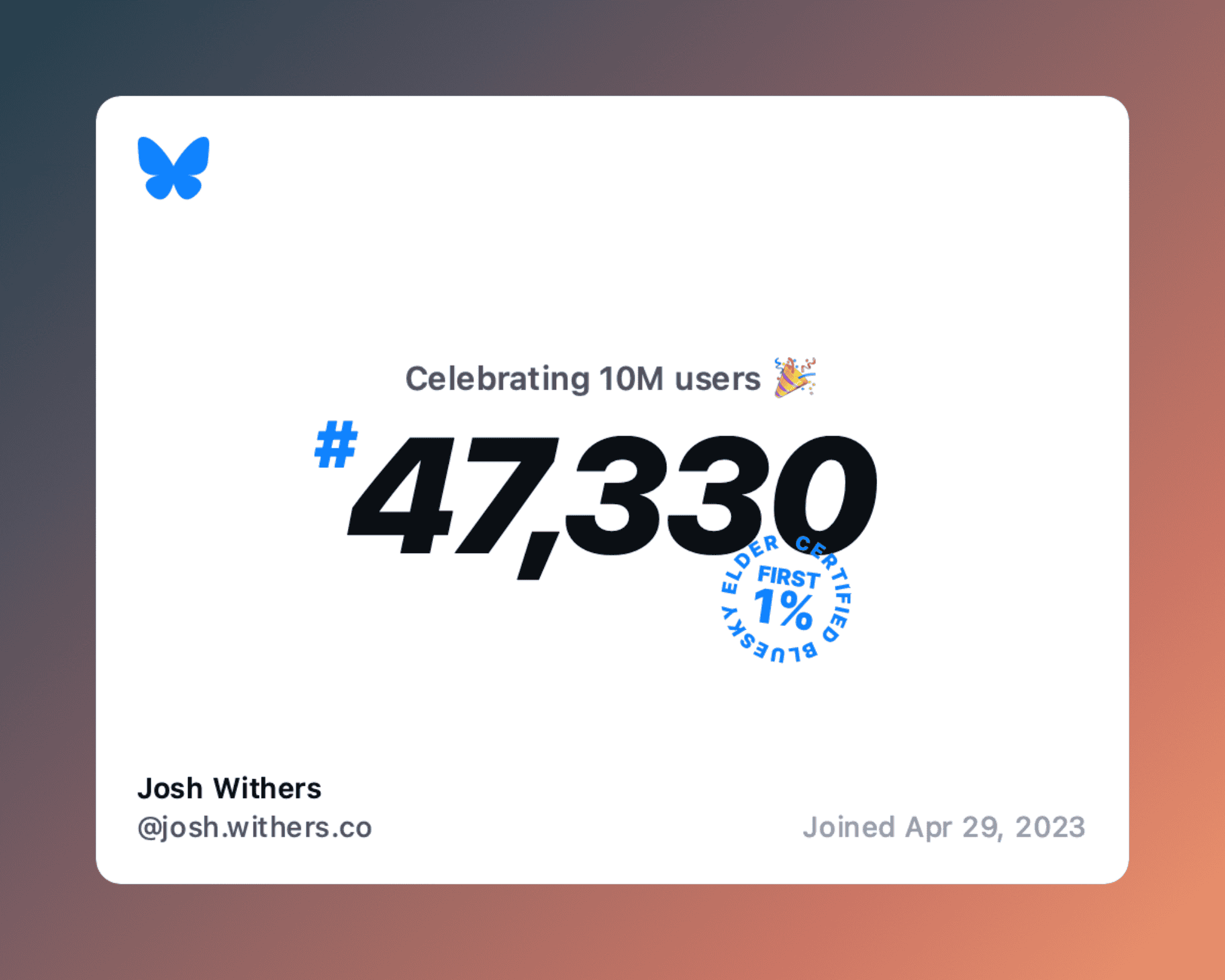
-
I’m grateful for the opportunity to share my wedding celebrant story, my passions, my heart, and to also talk videographers and audio from an audio tech point of view on the Wed Co podcast today.

-
Qantas’s ears were burning
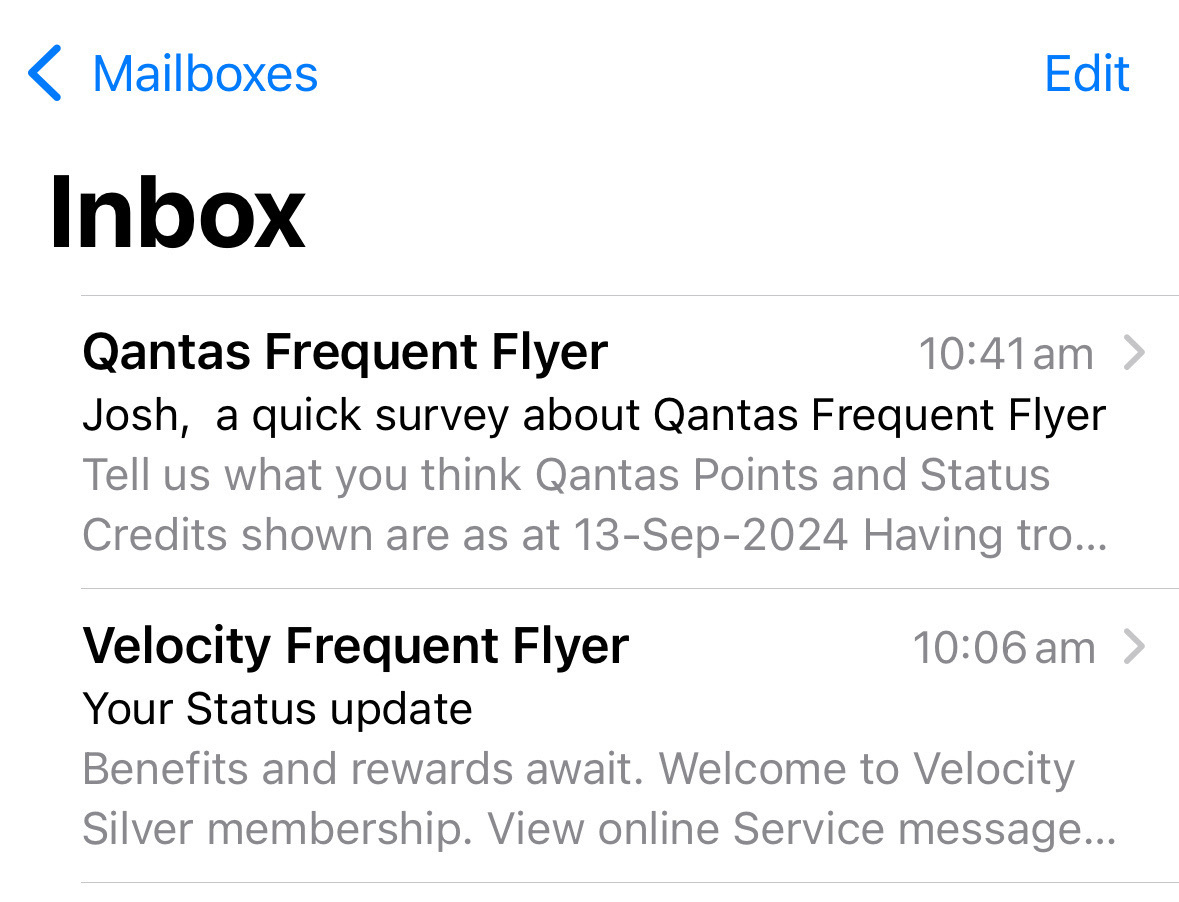
-
Wild how we use the same bowl for popcorn and vomit
-
I would personally donate money to keep the Raygun fire burning
-
Along with a social media age limit I'd like to see the app icons and splash screens changed to shocking images of people depressed, public servants dancing, or phone notification screenshots overflowing with replies featuring the opinions of strangers.
-
Look, I might not be your favourite person, but at least I've never tried to sell you a MLM, or a course that promises you that you can make lots of money without any effort.
-
A drive through Outback Queensland yesterday
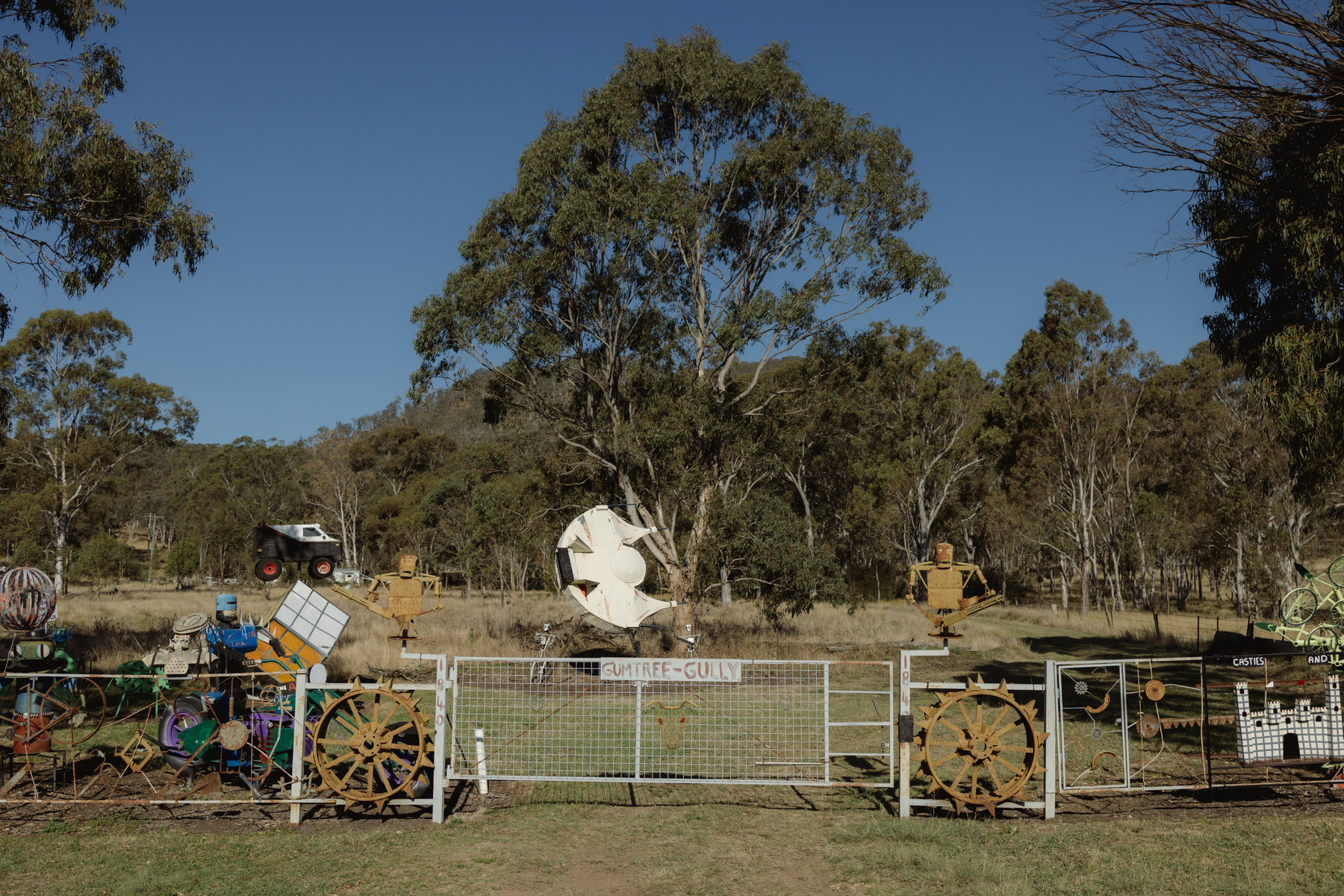
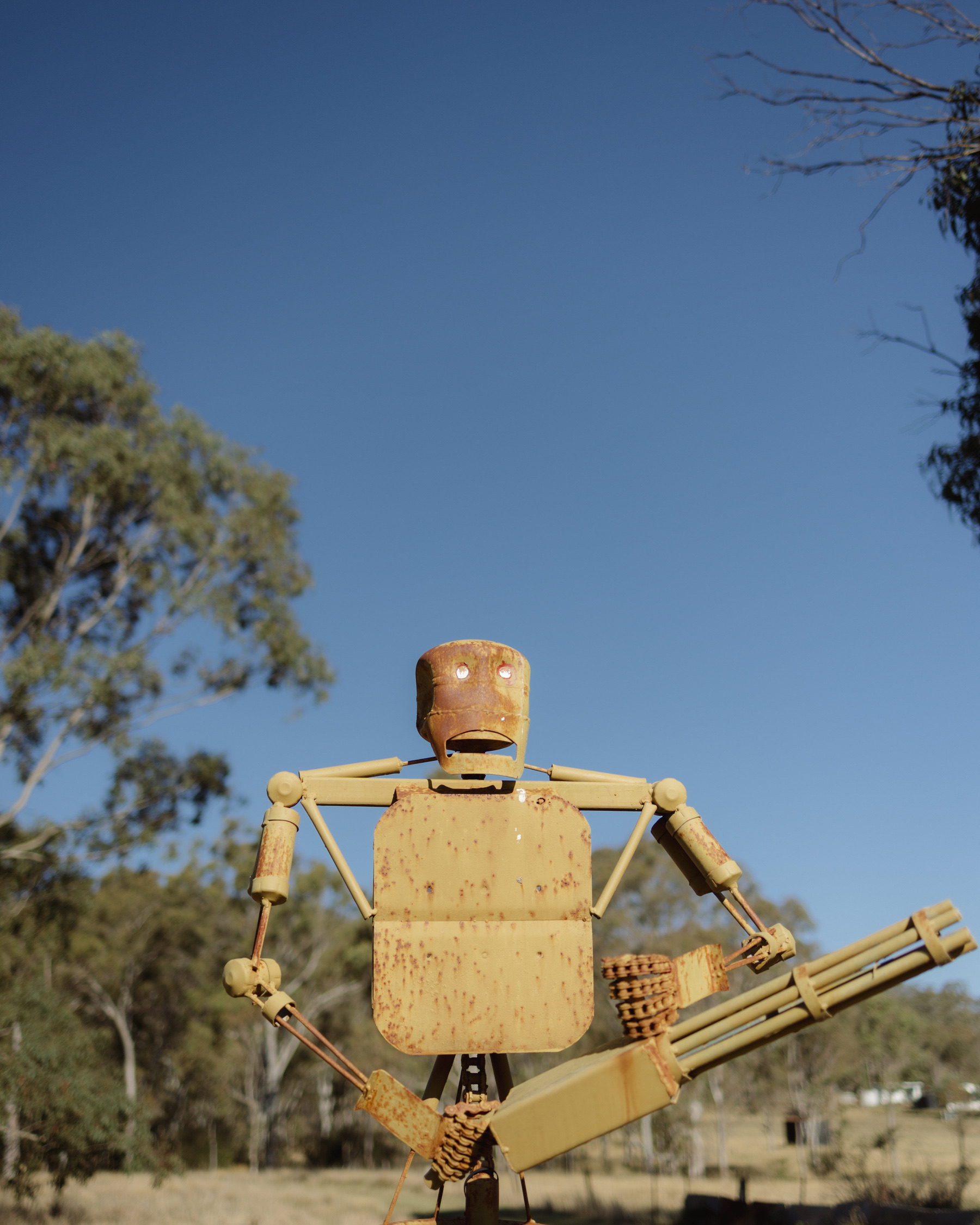

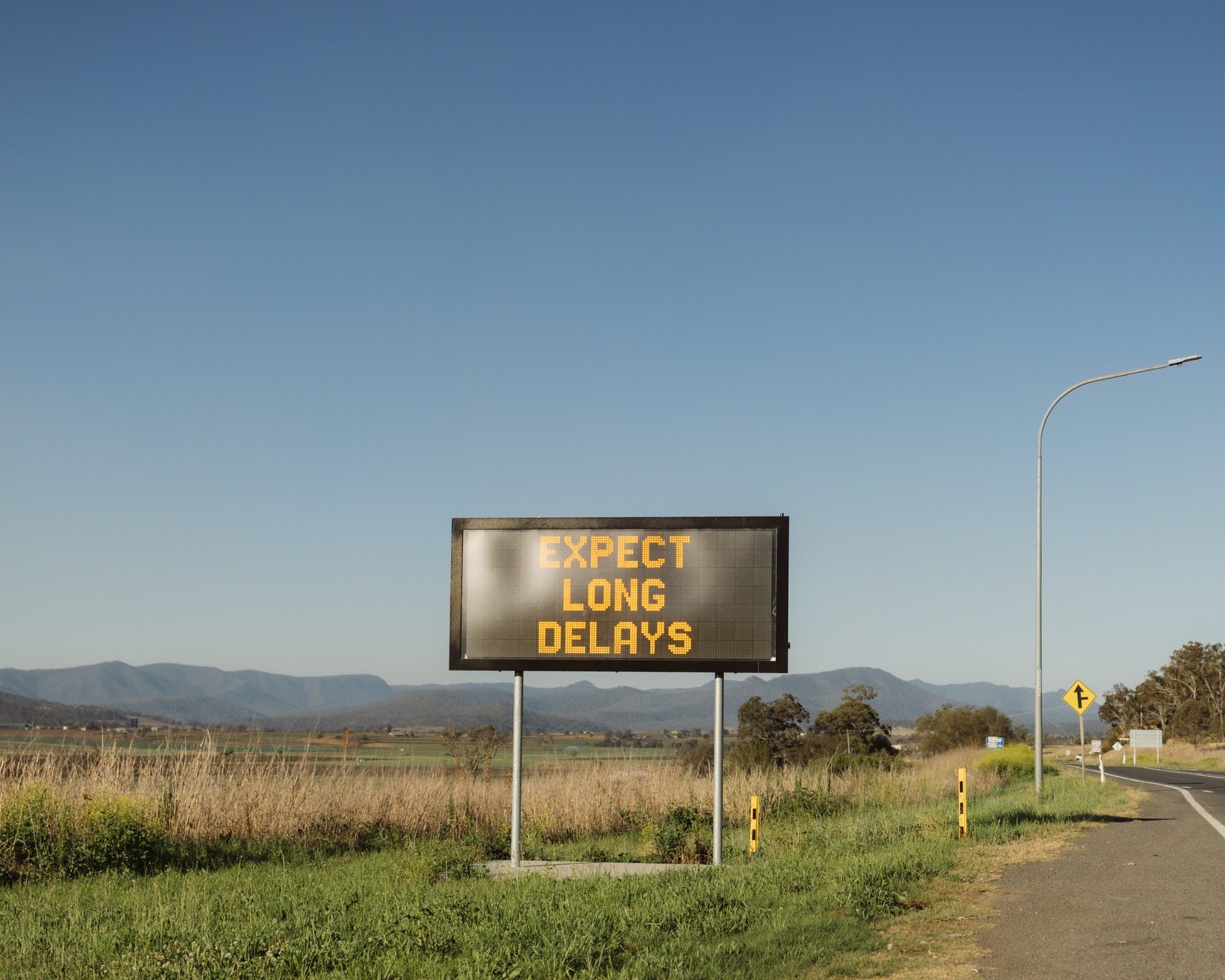
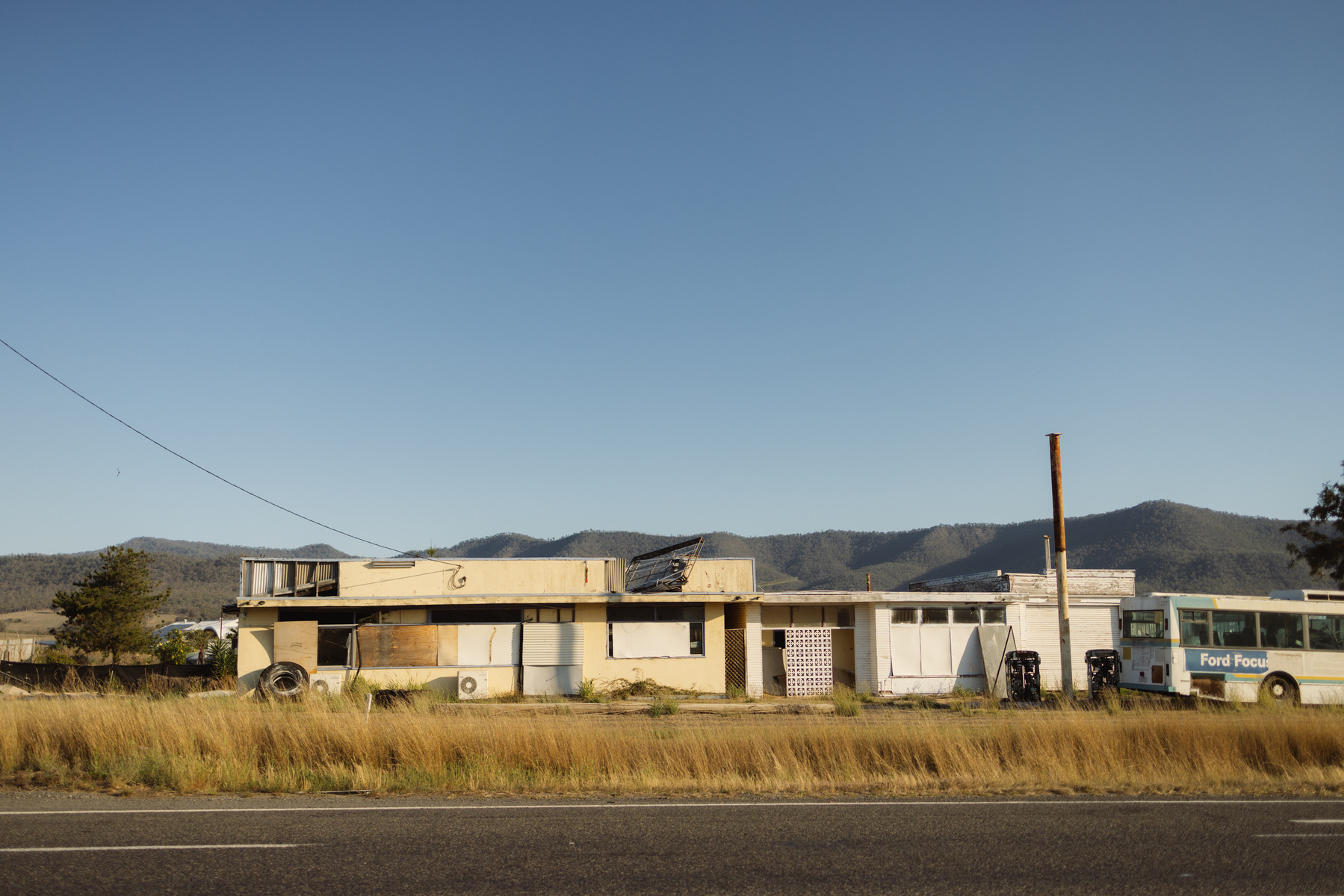
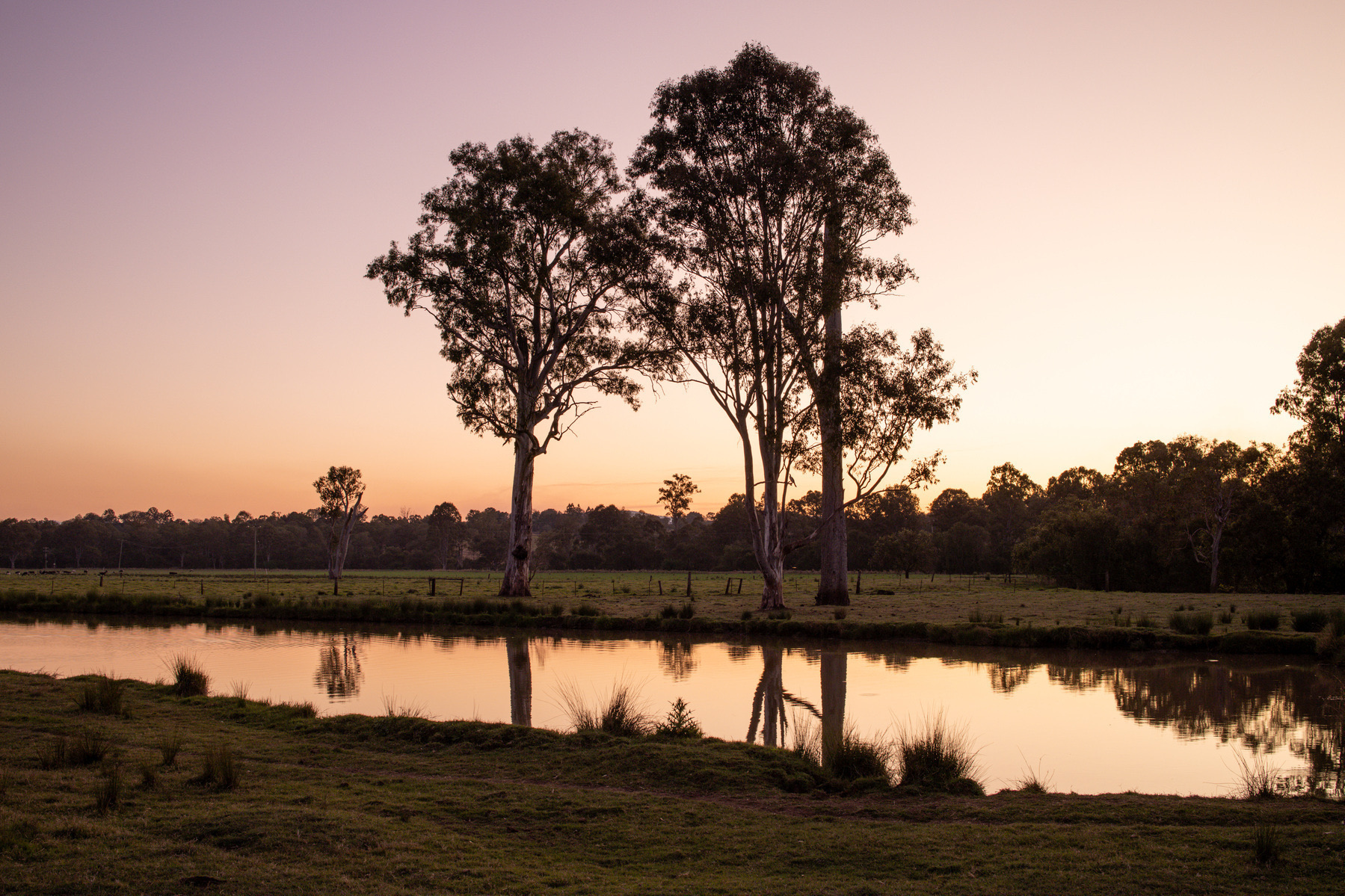

-
"I try to think what questions I'm not asking" - Benedict Evans
-
I'm a Remarkable tablet user and was excited to see what they launched today but I'm out of the live stream already. Colour e-ink and a bigger screen aren't on my list of desired changes.
Better, much better, Remarkably better, software is needed.
Anyway, how cute is it watching every tech founder today wanna be Steve Jobs.
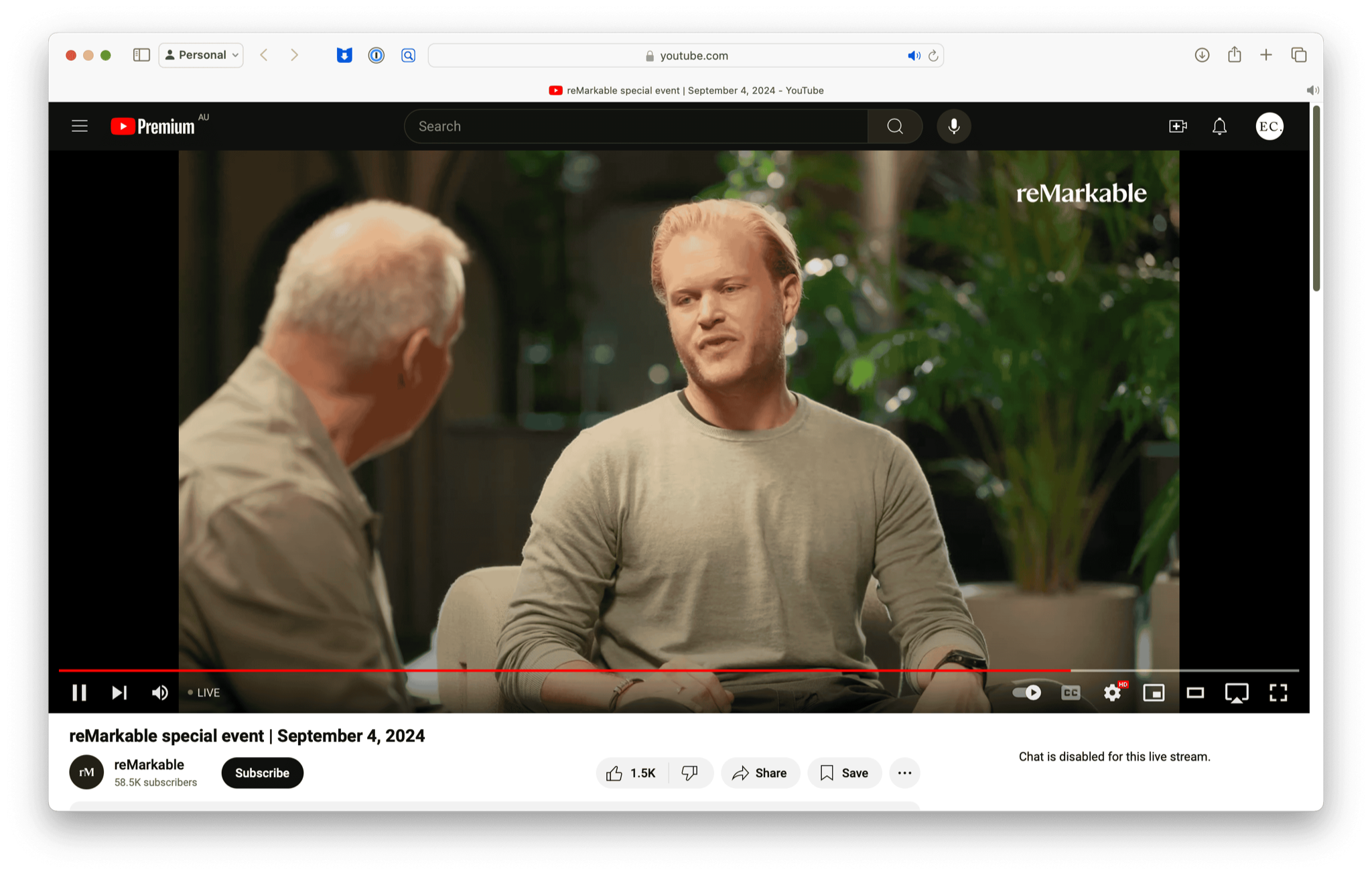
-
Took an early morning photo walk around the host city for the 2032 Olympics, Brisbane, and the new Star (casino name TBC probably if the regulators do their job) casino.
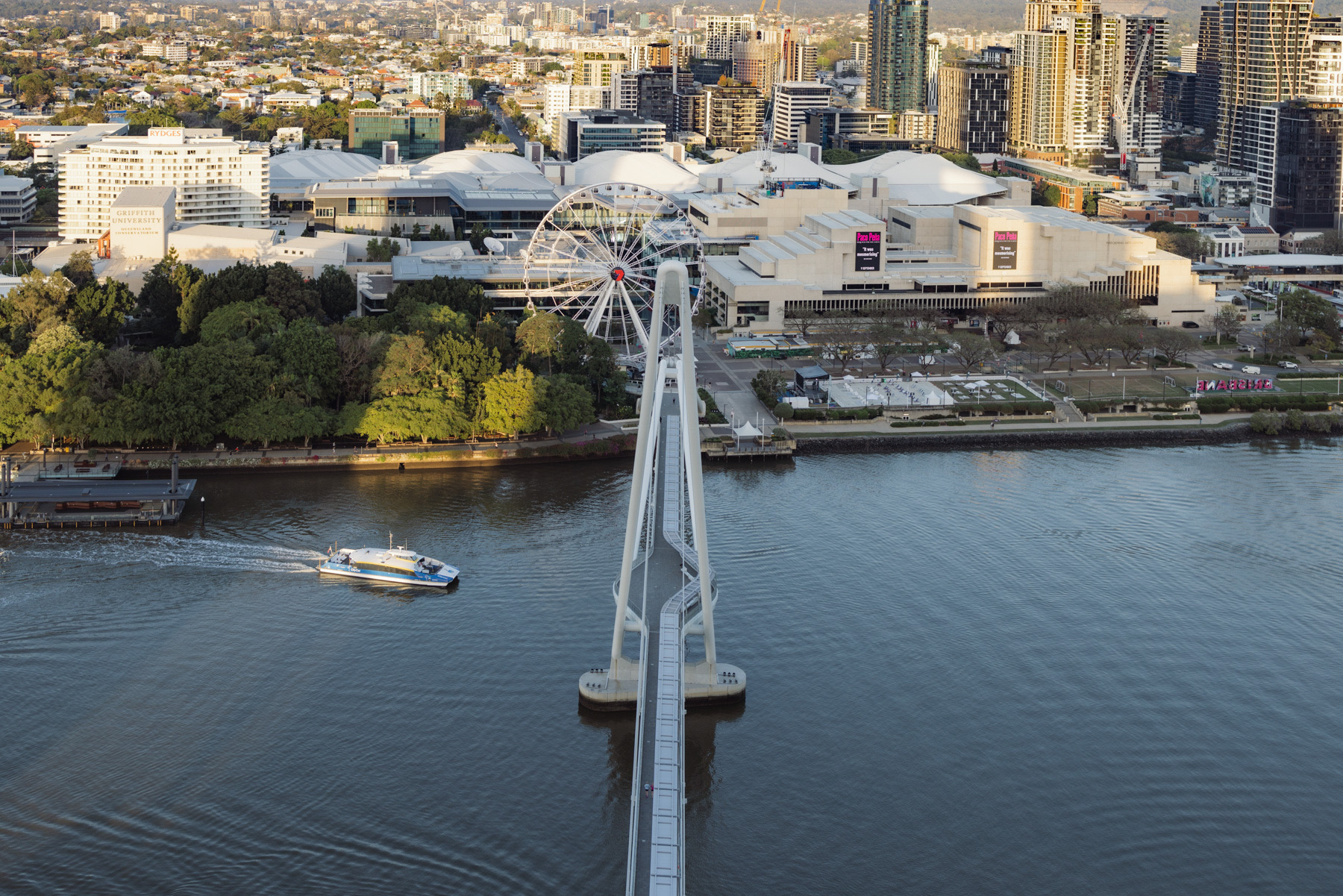
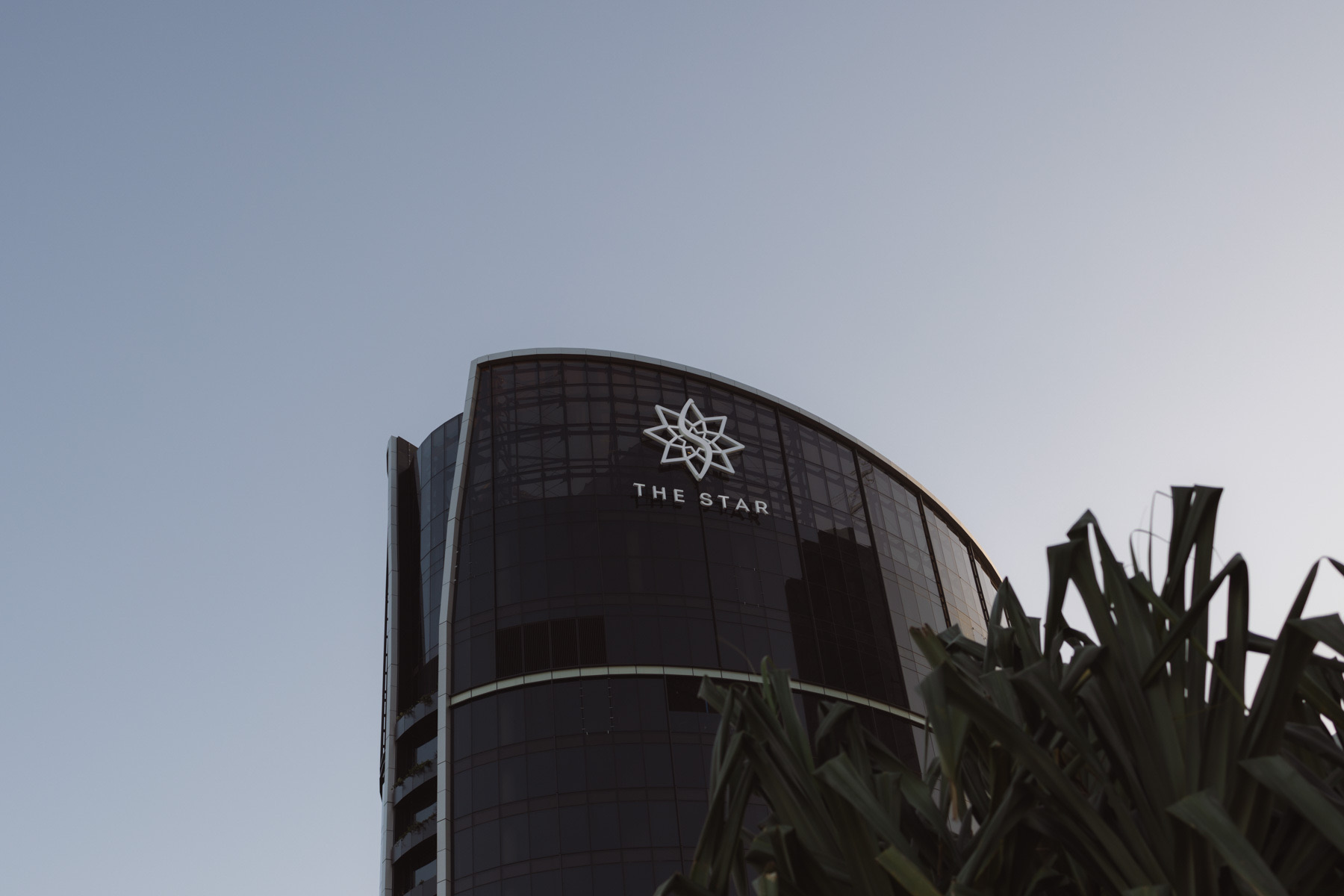
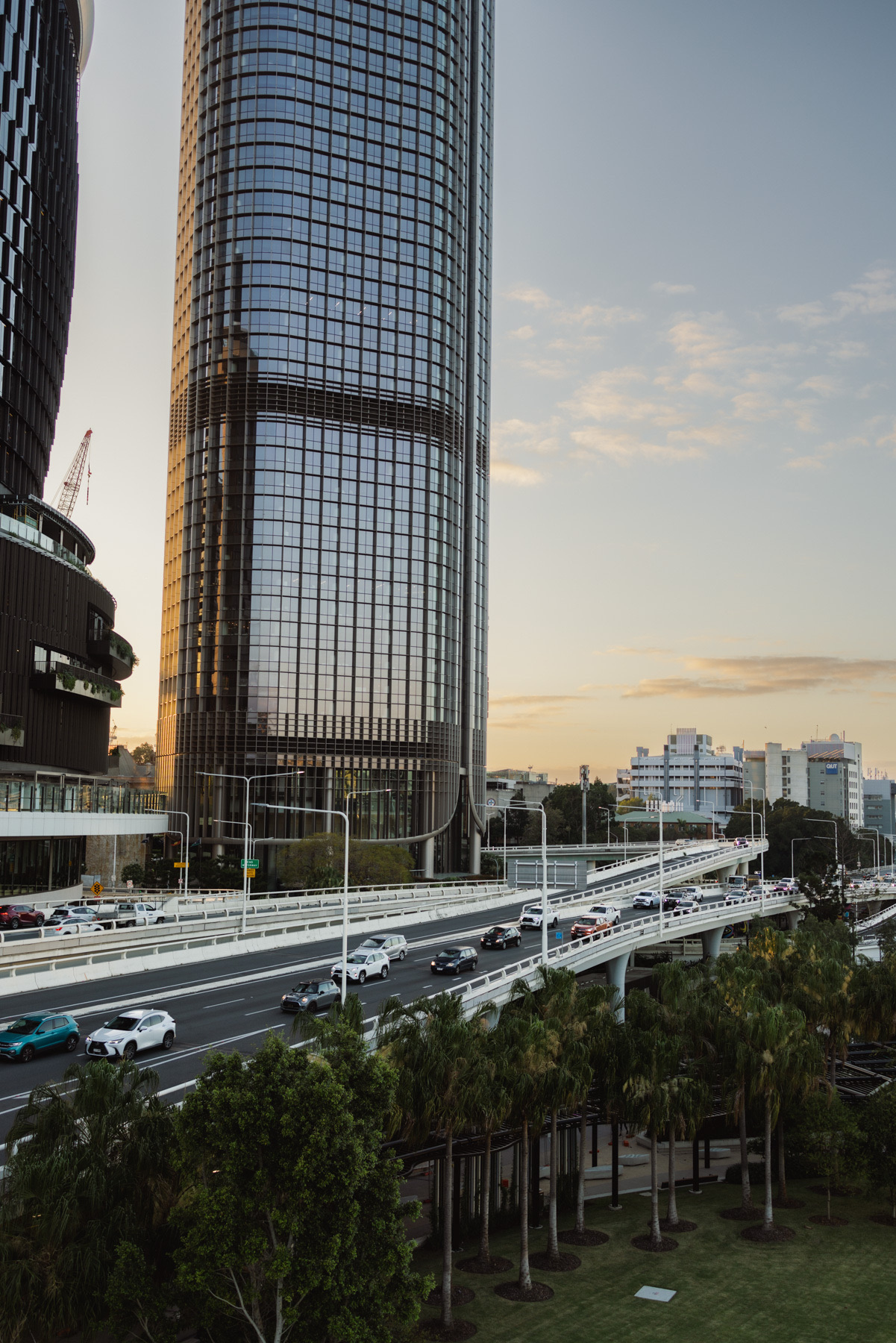
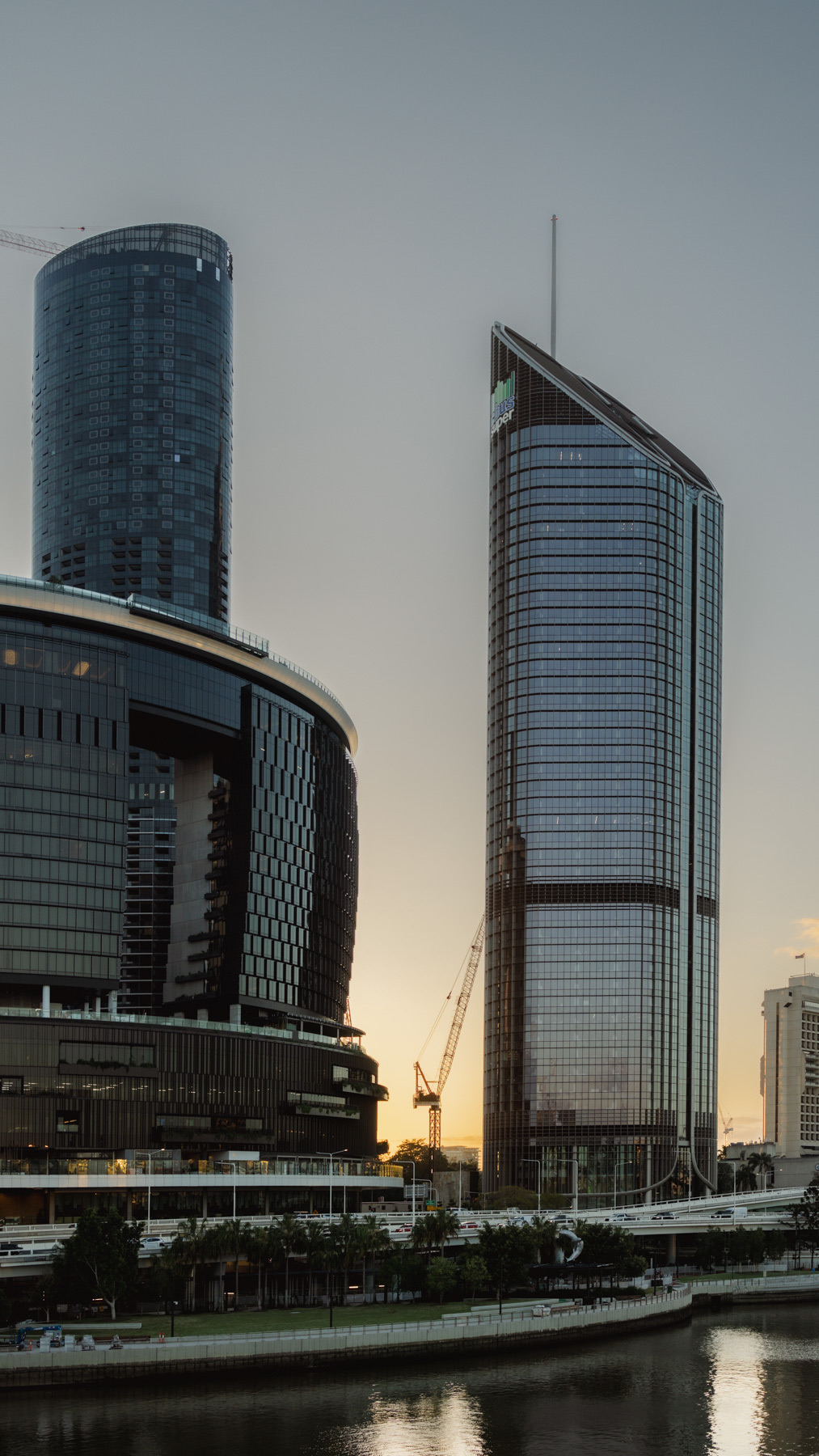
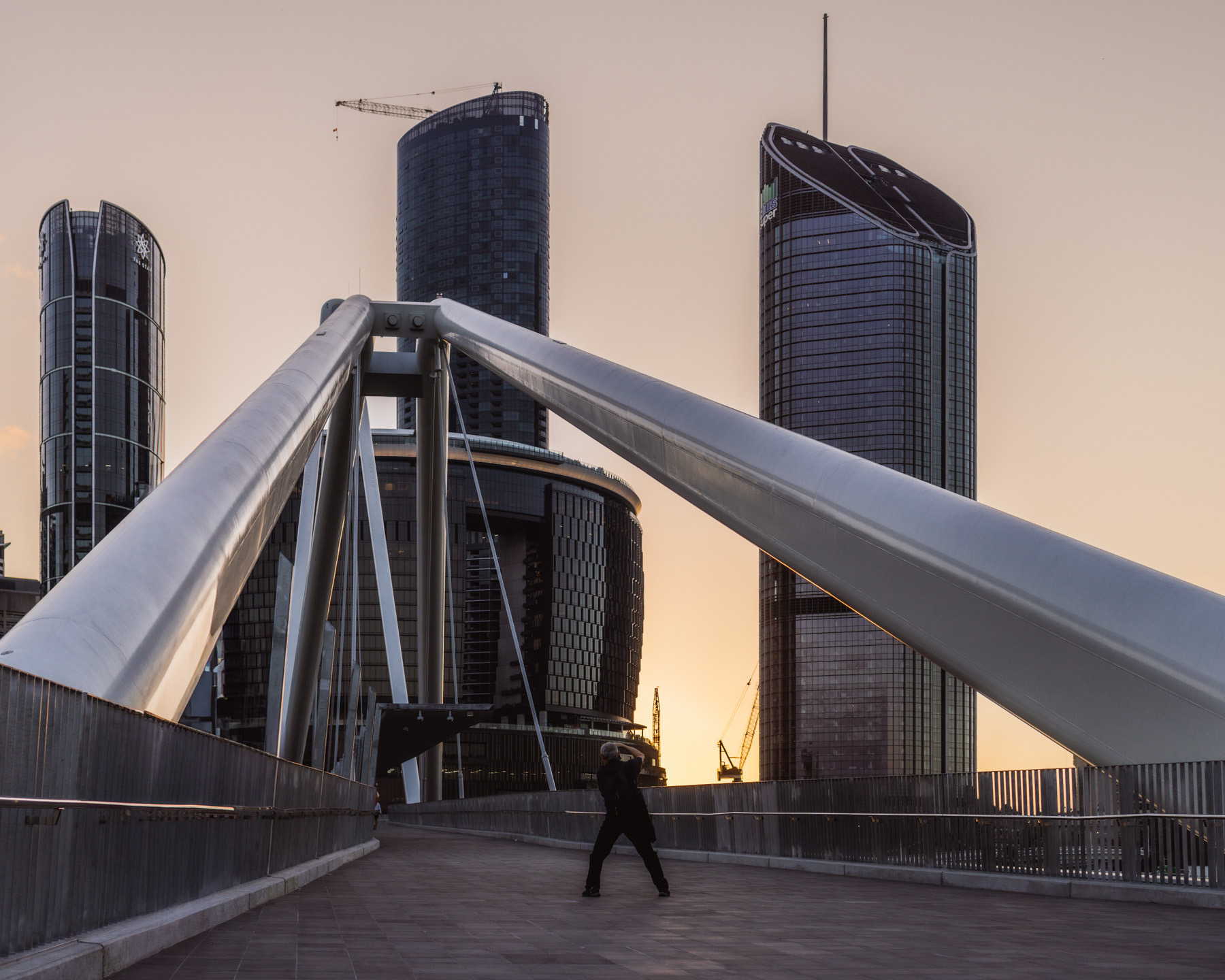
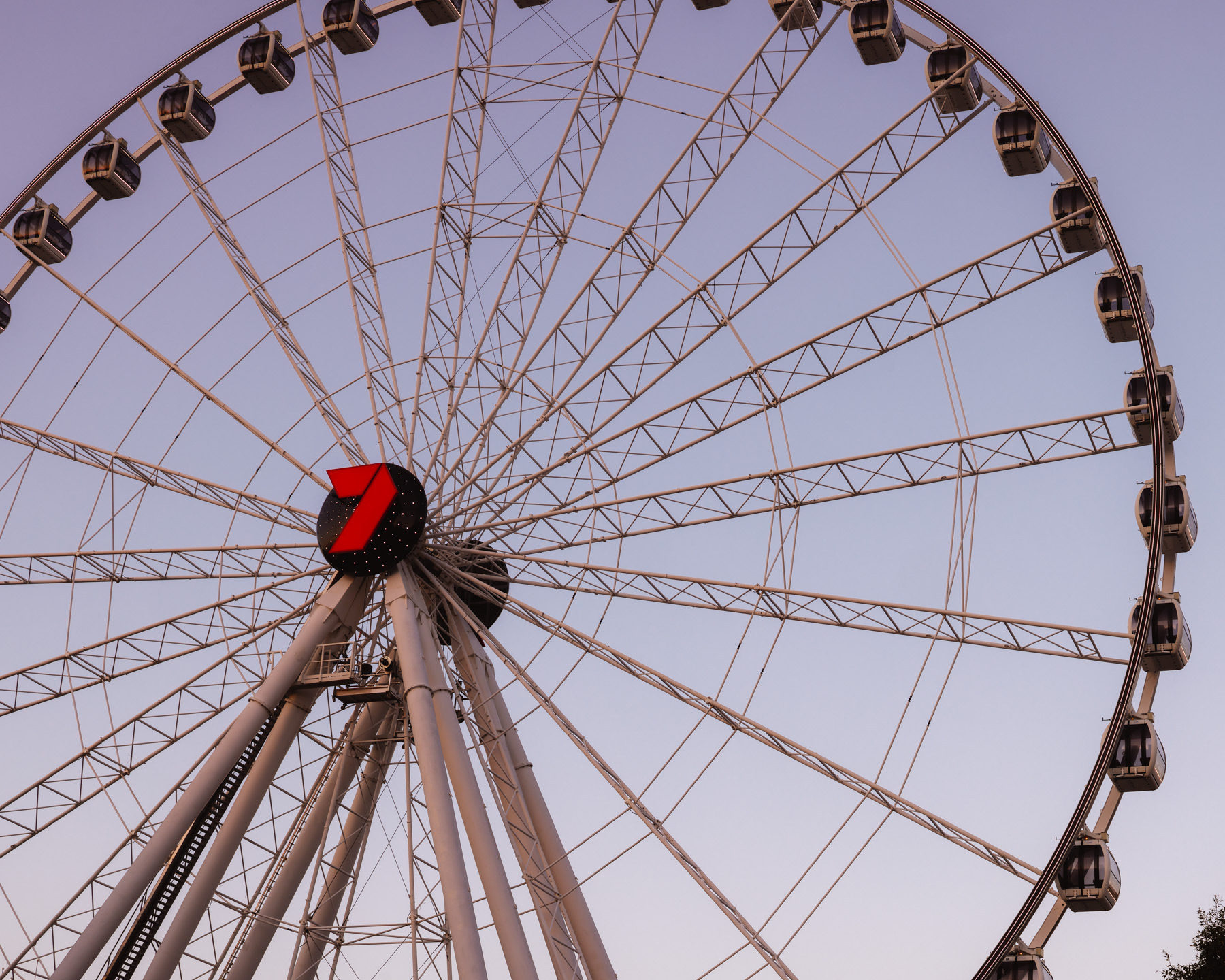
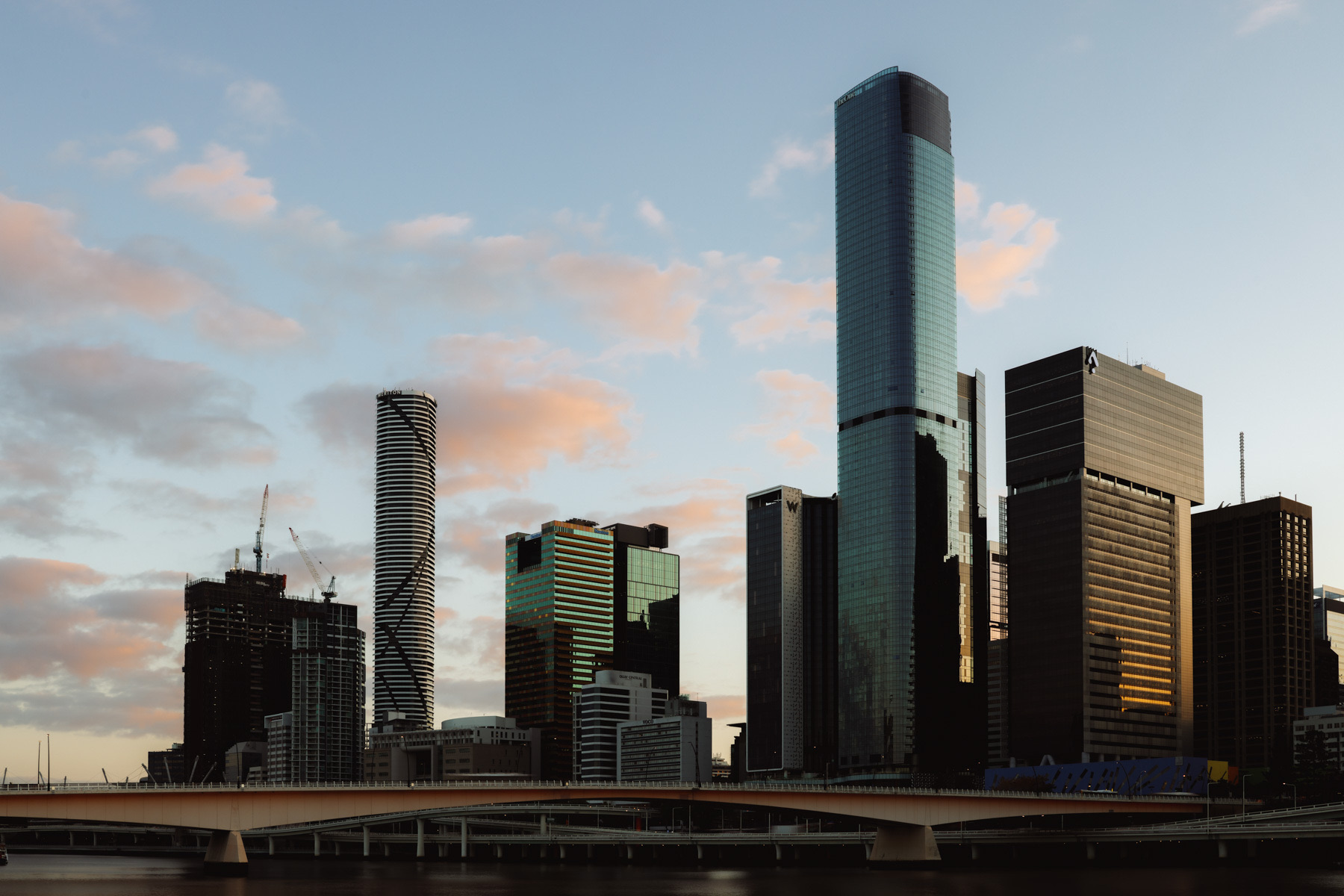
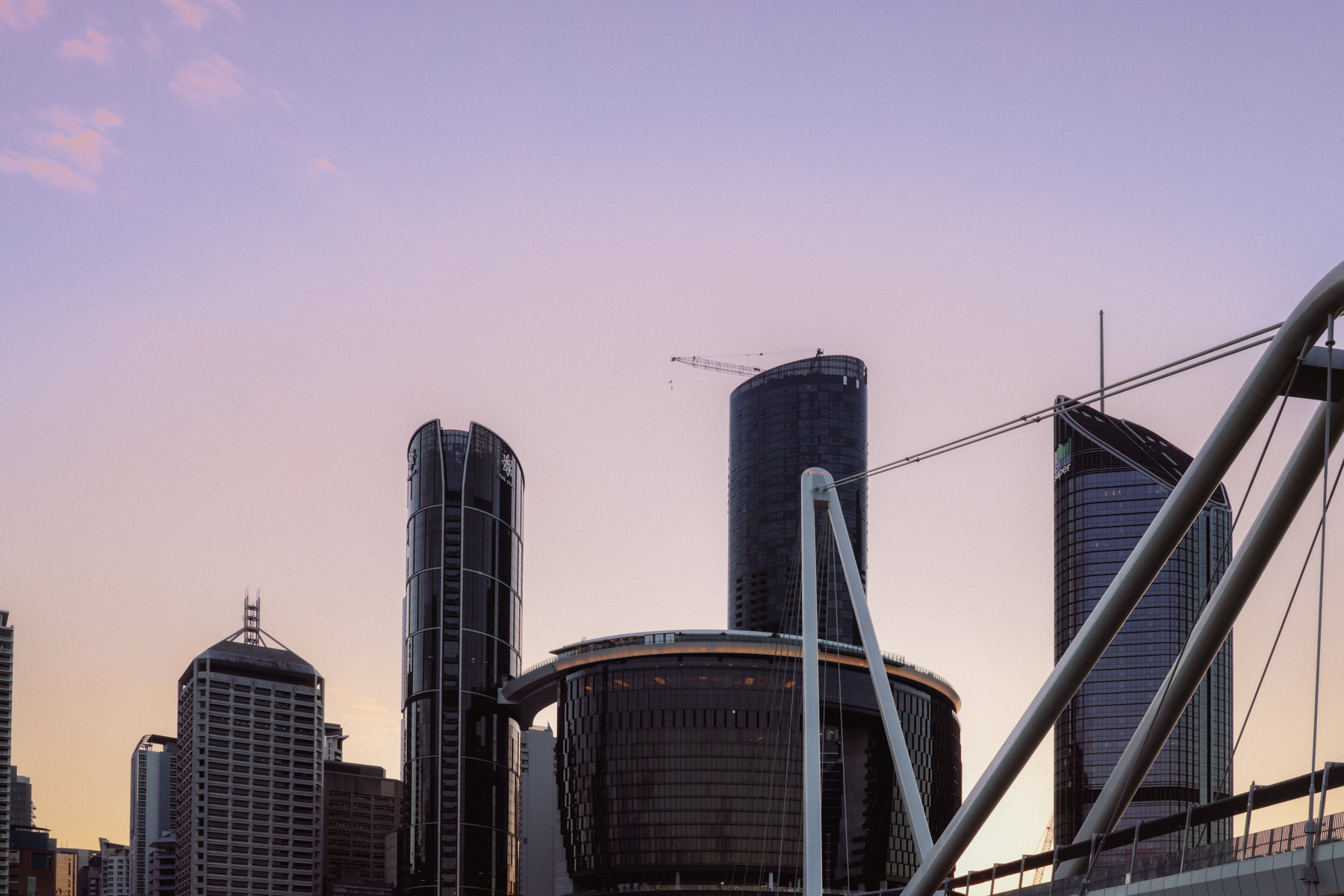
-
Brisbane's looking nice tonight
-
I’ve got a genuine interest inst in the new Pixel phones. Genuinely curiosity if they’d feel nice in hand, how the UI feels, how it works. Maybe they’re a real competitor to the iPhone.
But sampling the product is nigh impossible. They’re on display in shops but covered in security accessories that stop you from folding the folding phone or holding it in hand, plus this one in particular set the alarm off if it was picked up.
I wonder what the cost of loss of sales is compared to stock loss due to theft? Also, it sucks that we live in a world now where theft is so common.
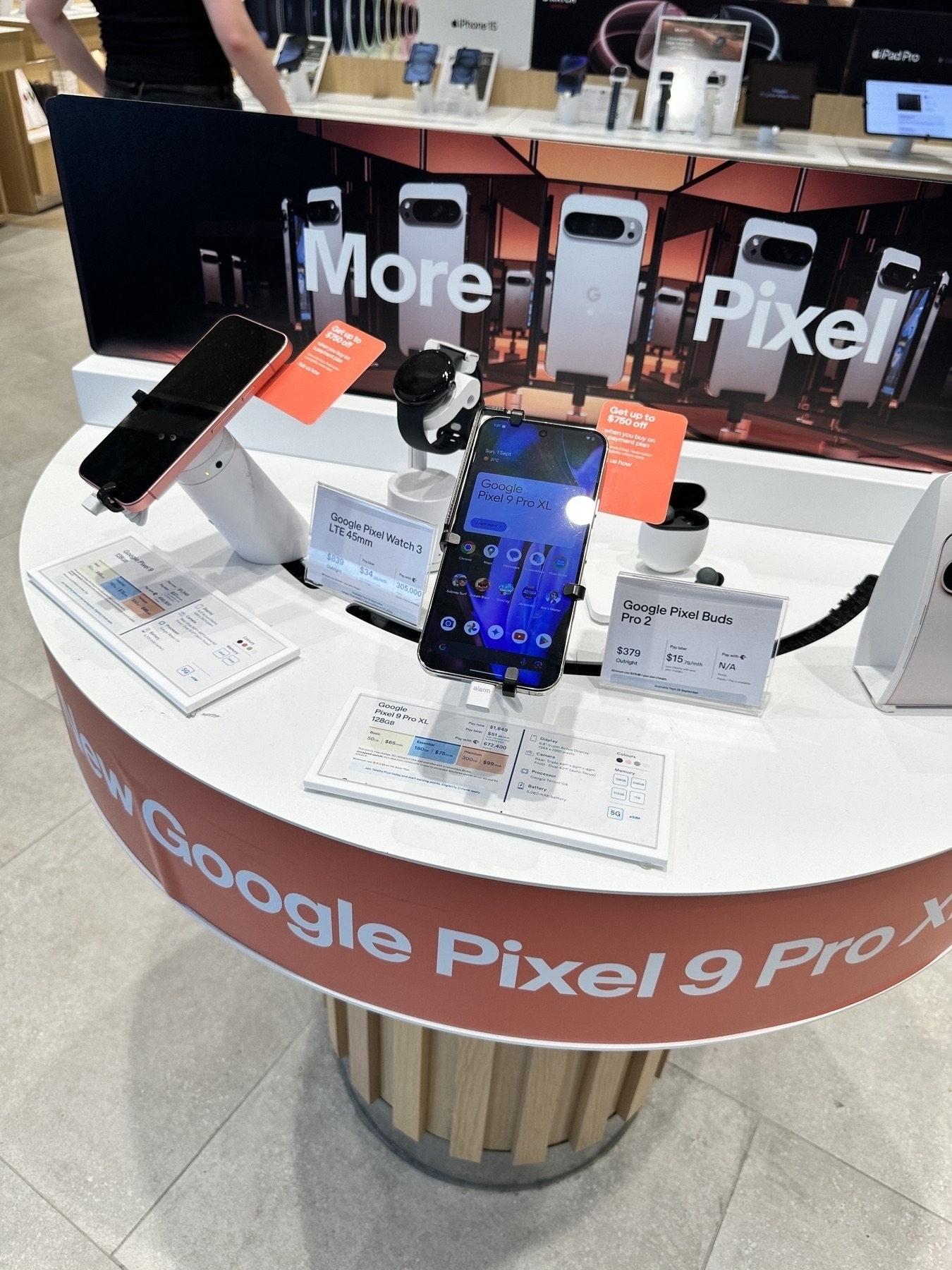
-
If you actually get Oasis tickets today, start planning emotionally for the excruciating wait for them to play Wonderwall as they walk off stage for the 20th time as everyone starts chanting encore once again.